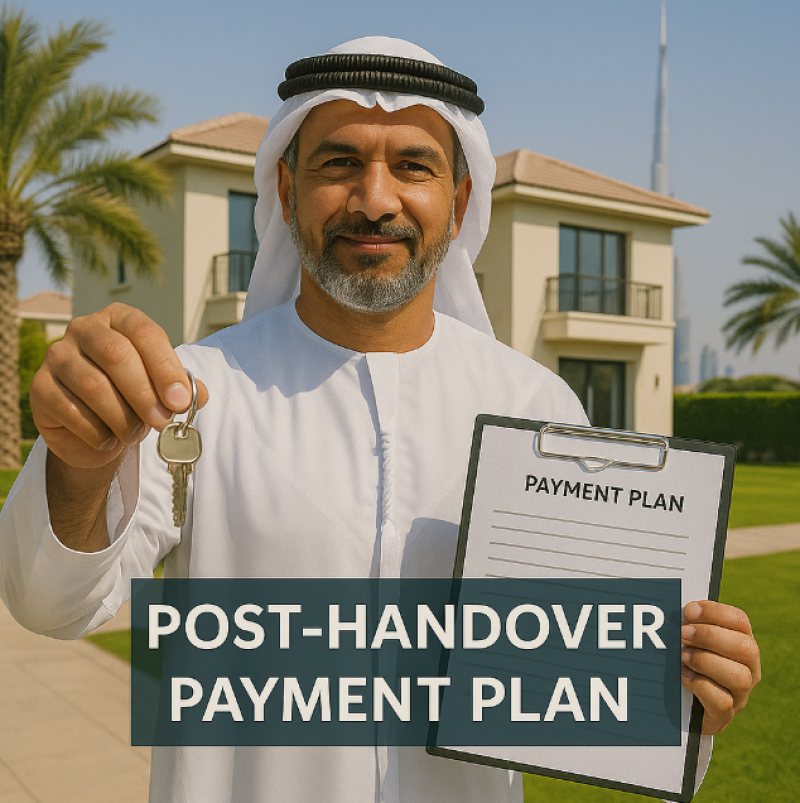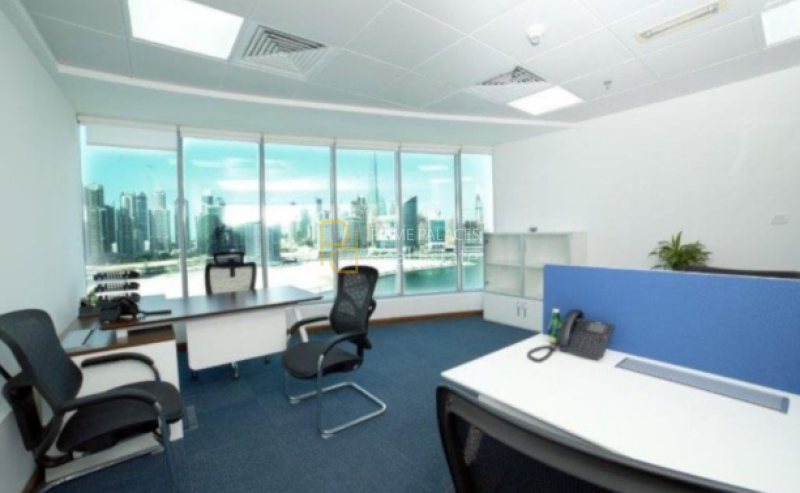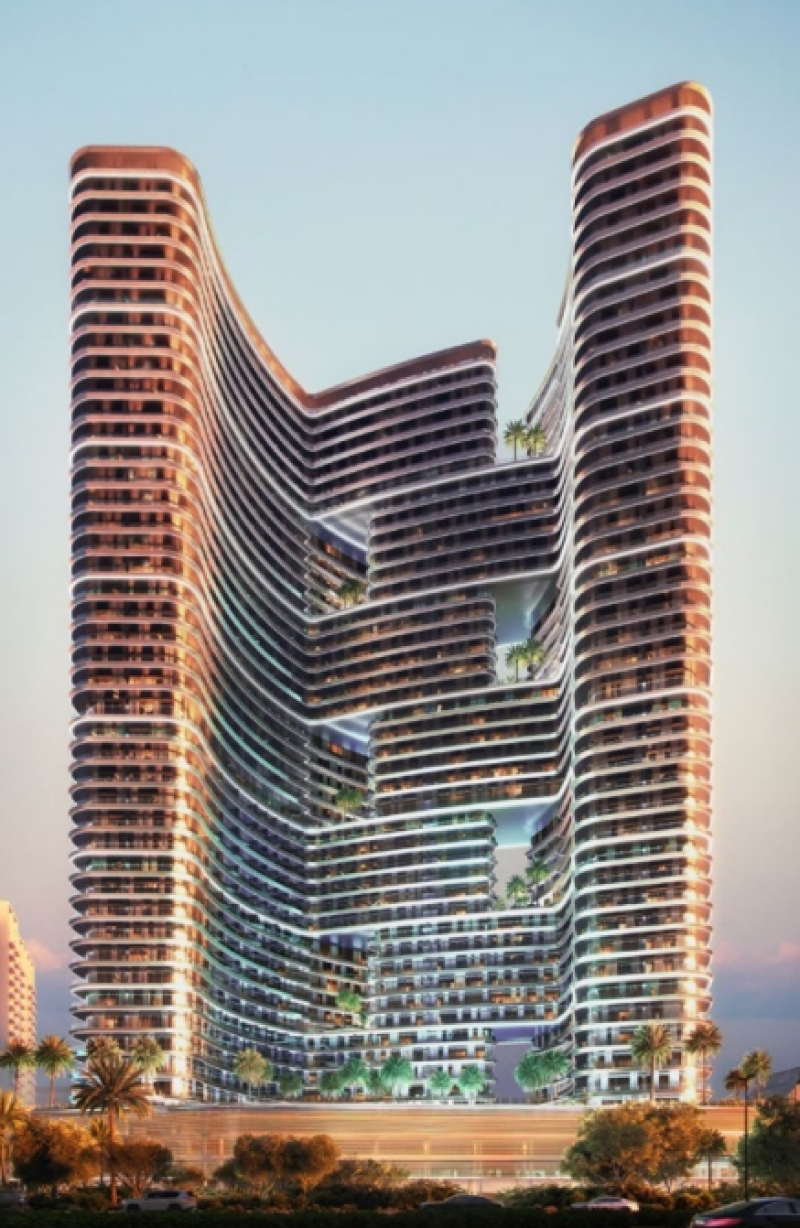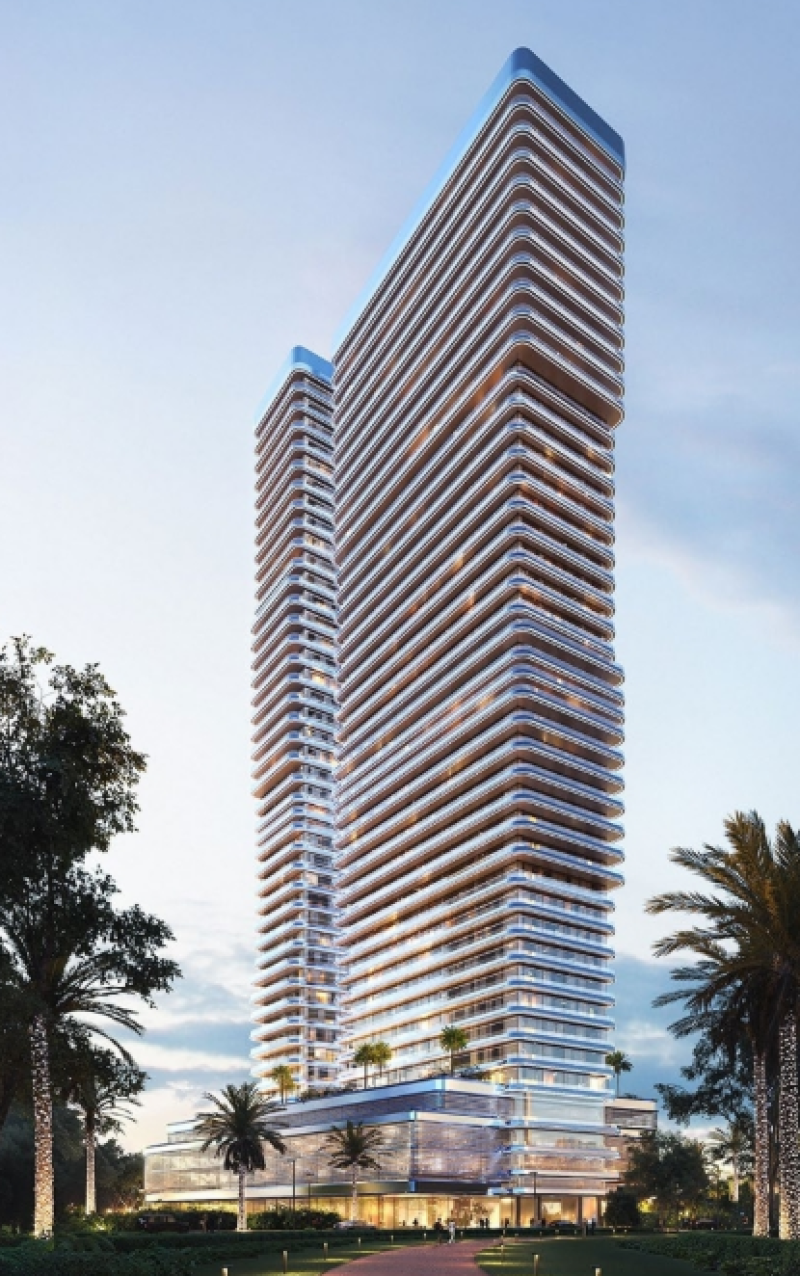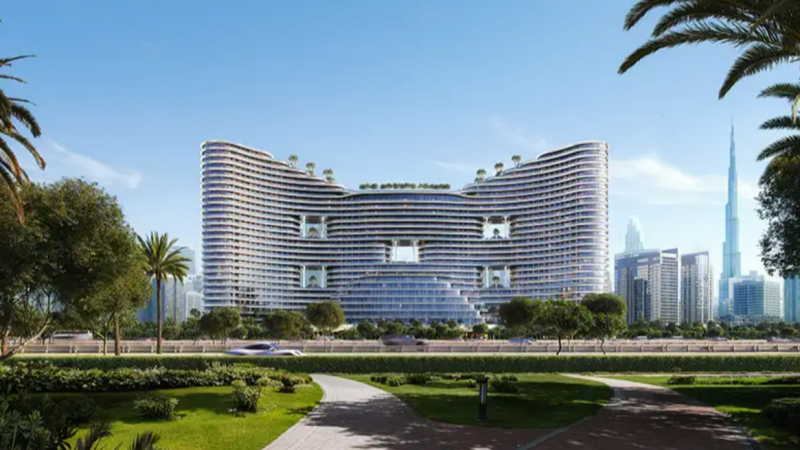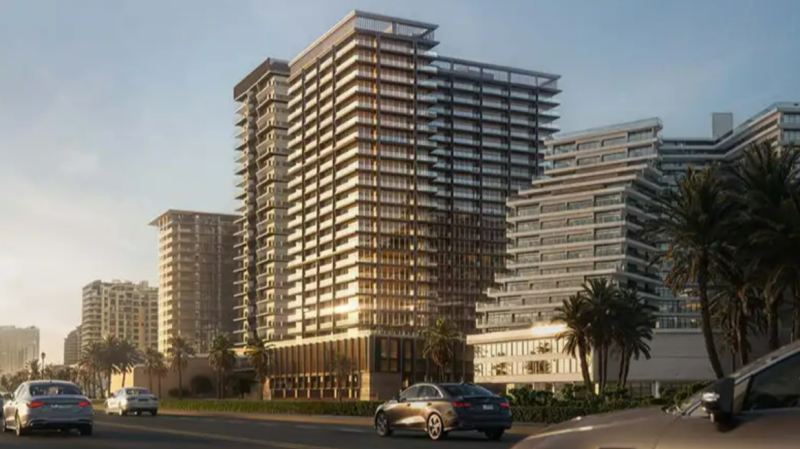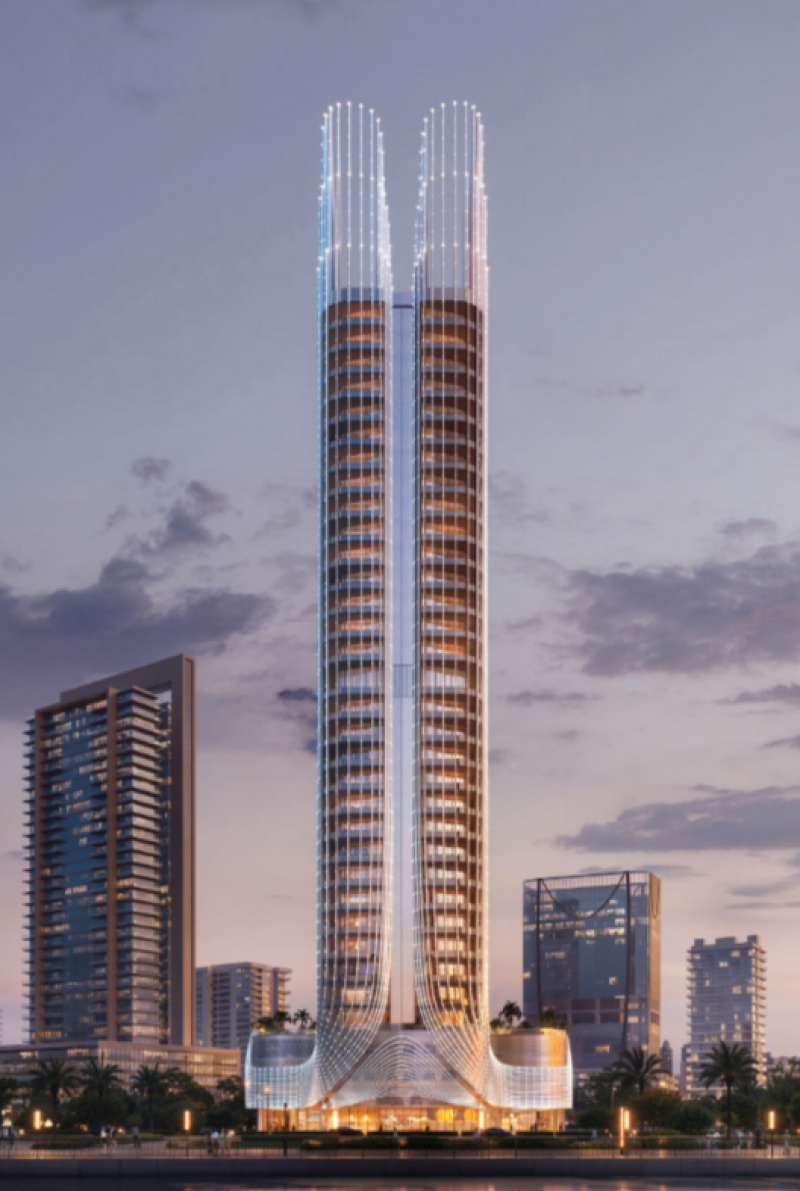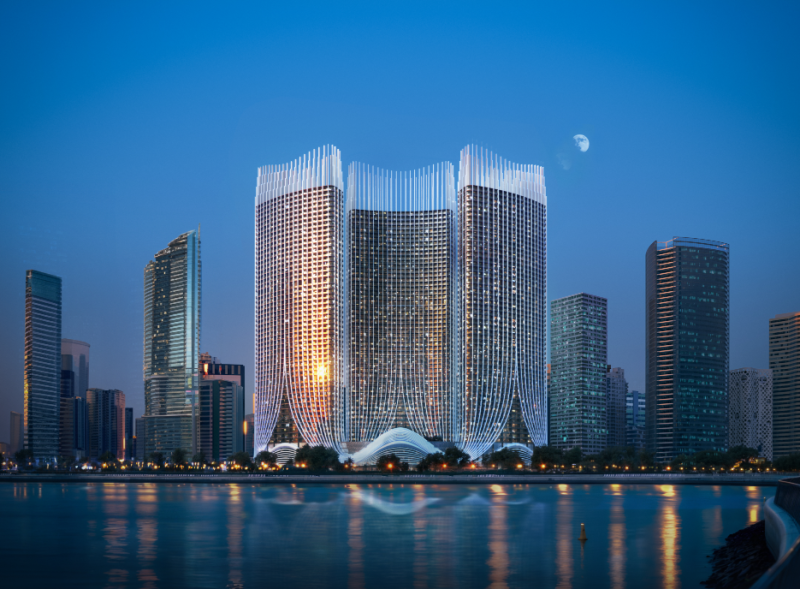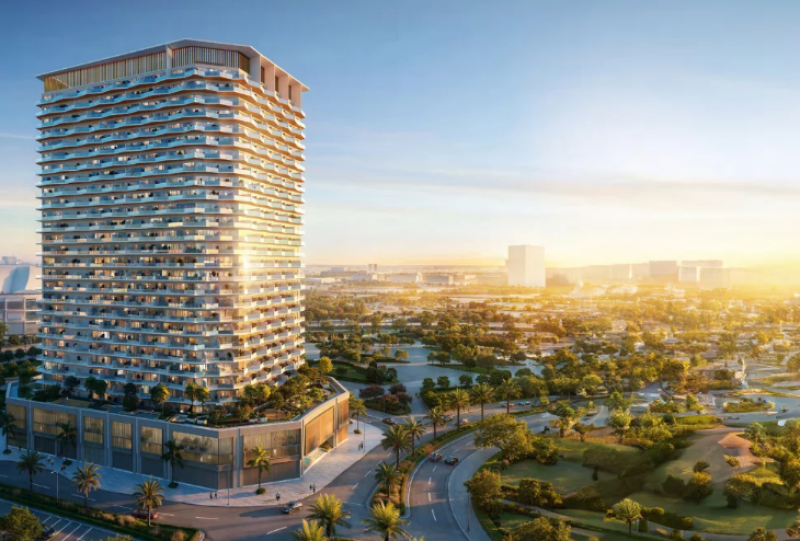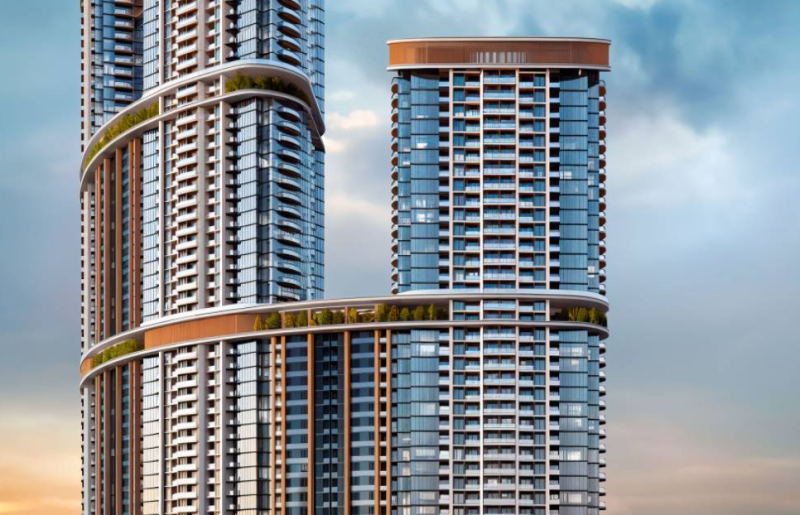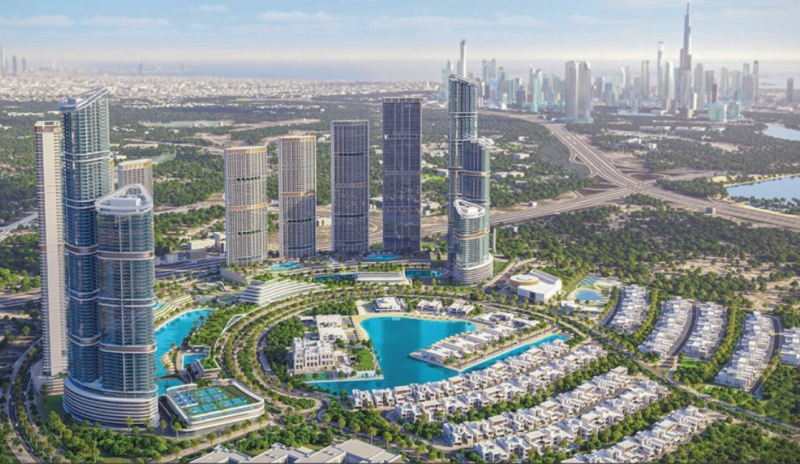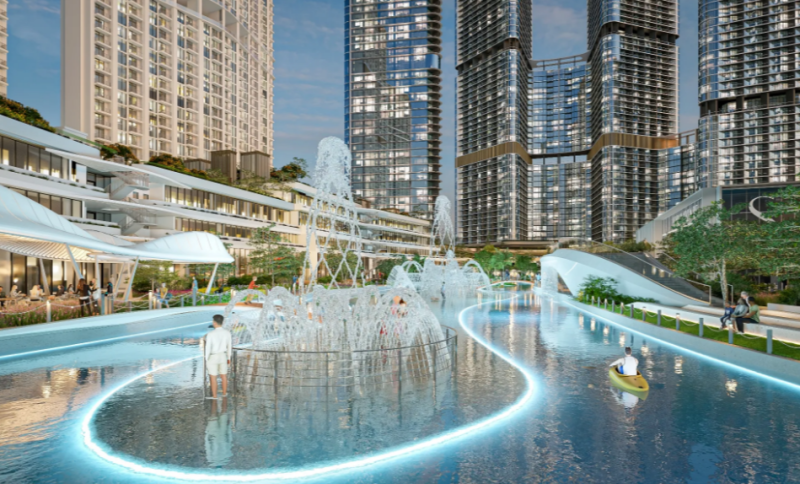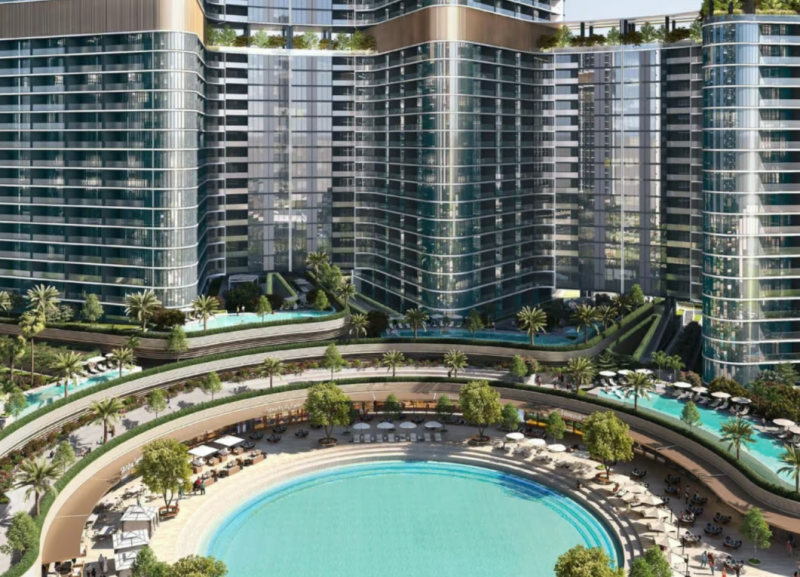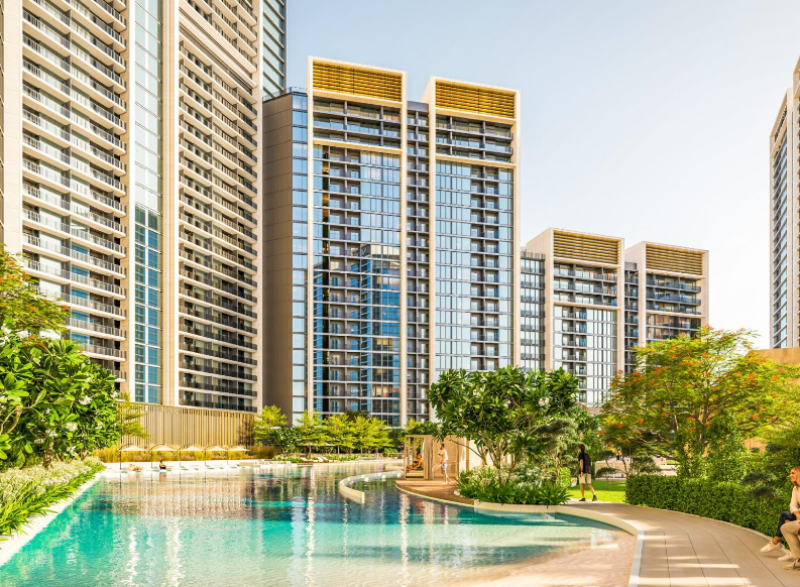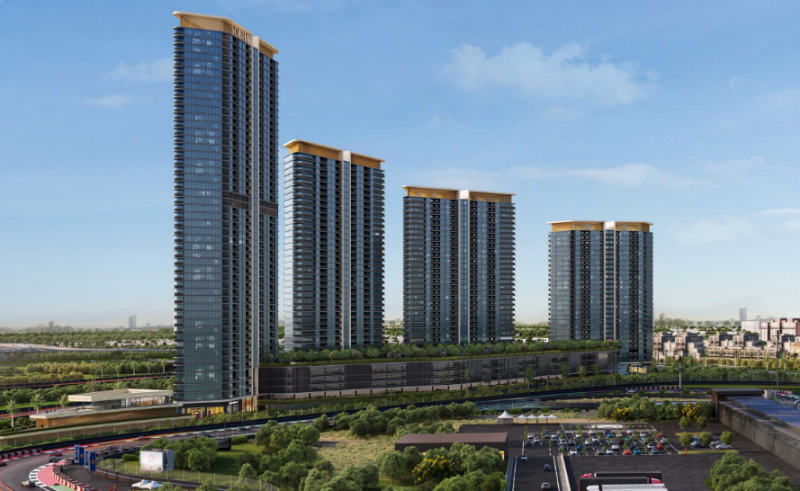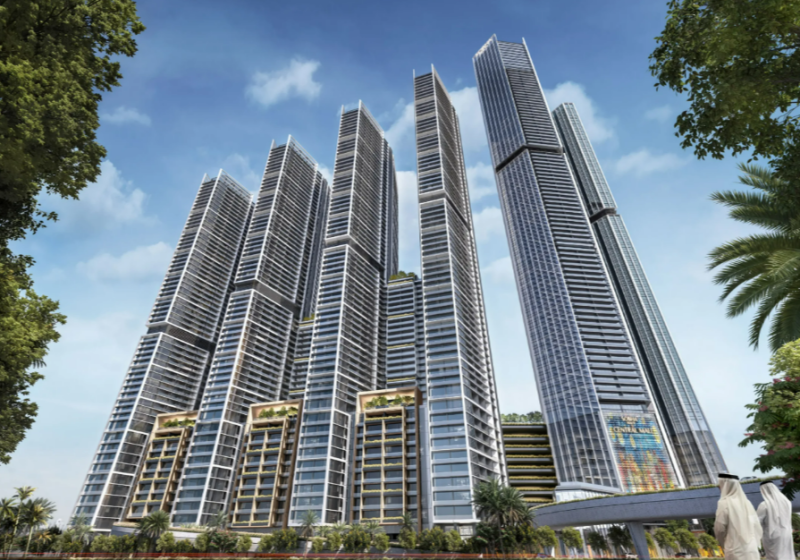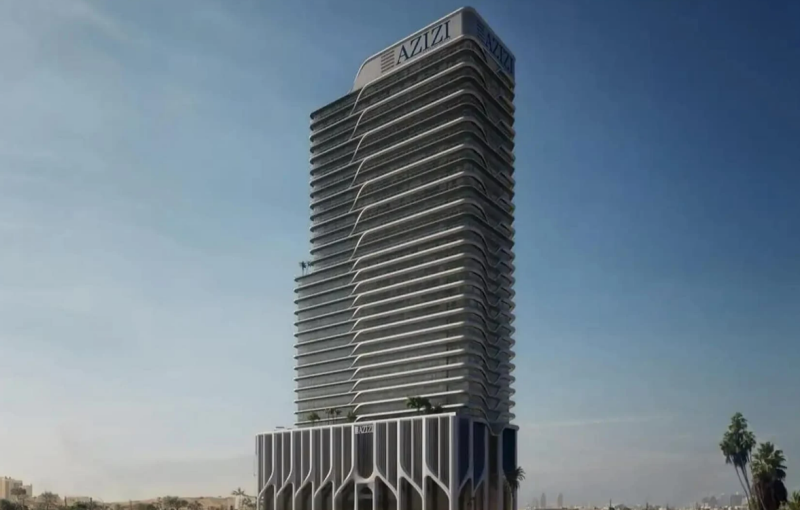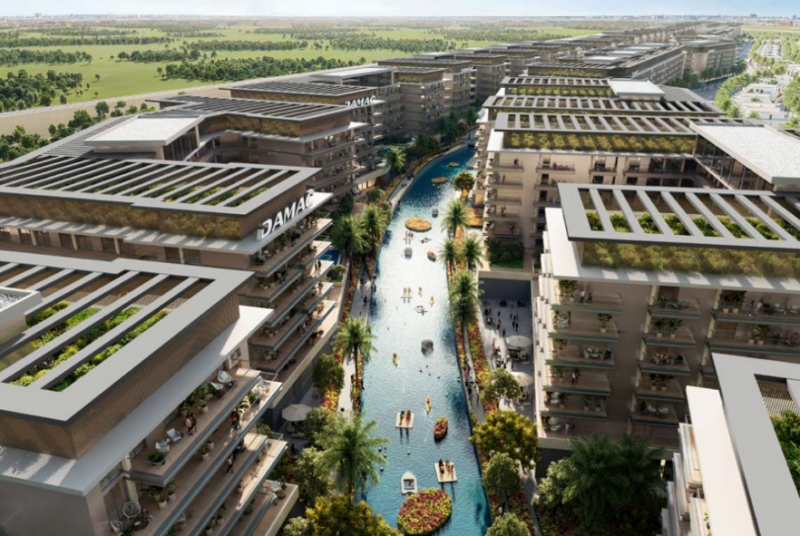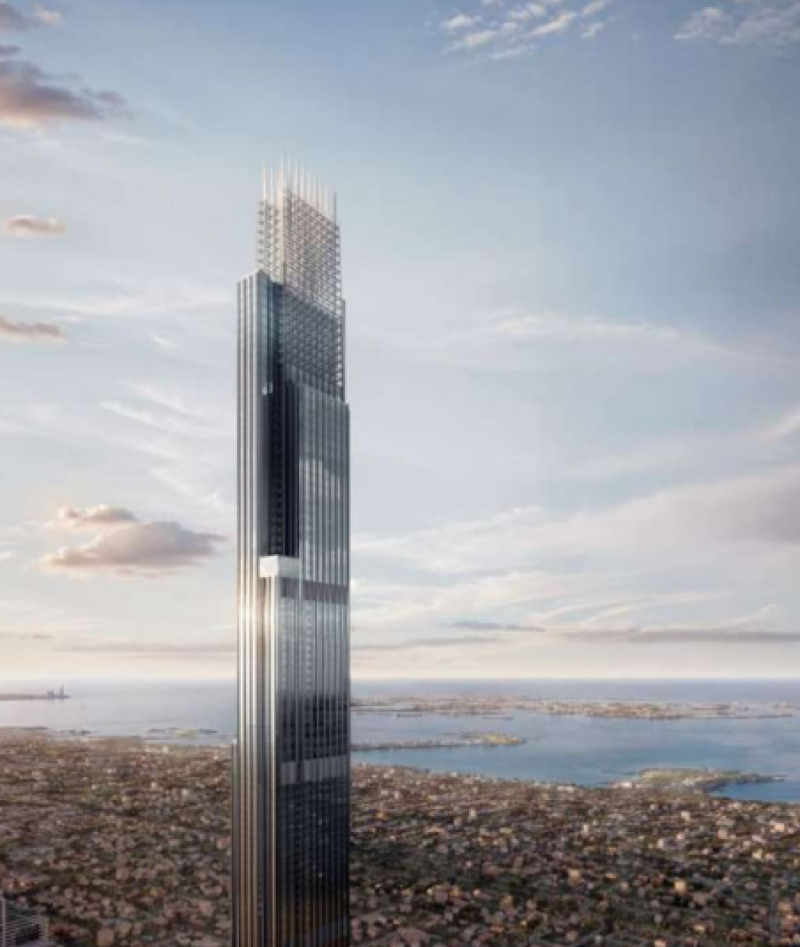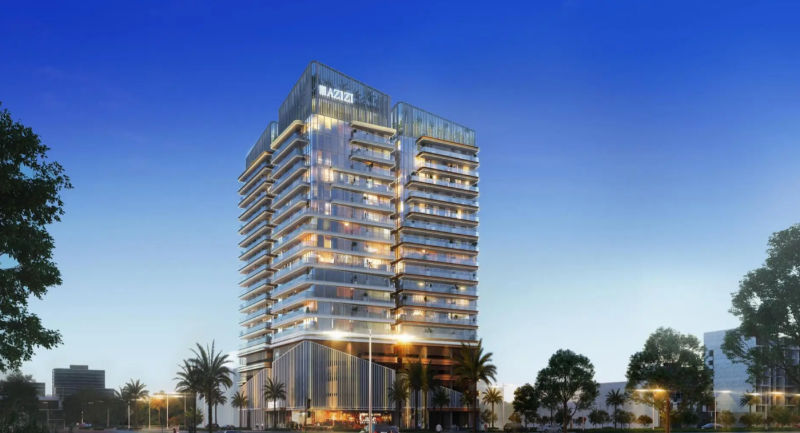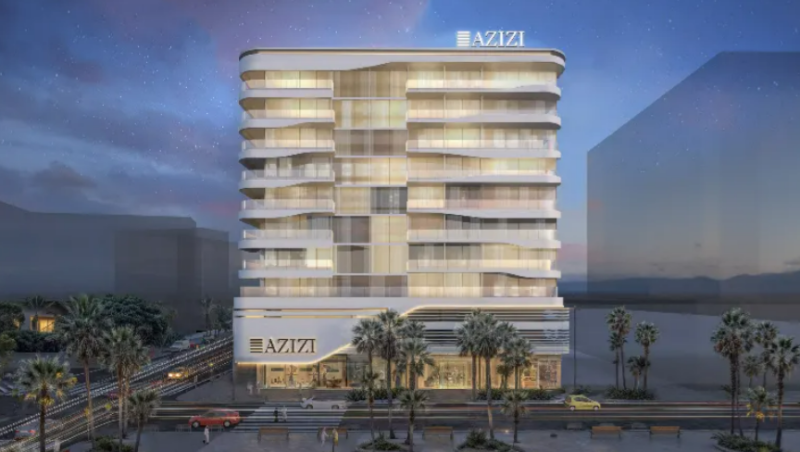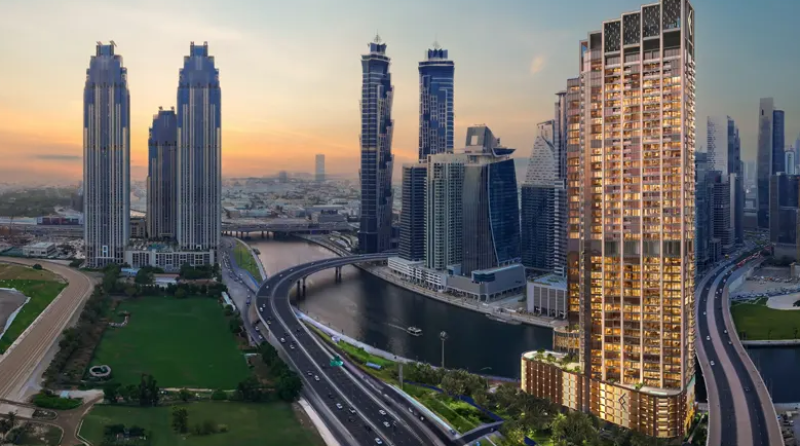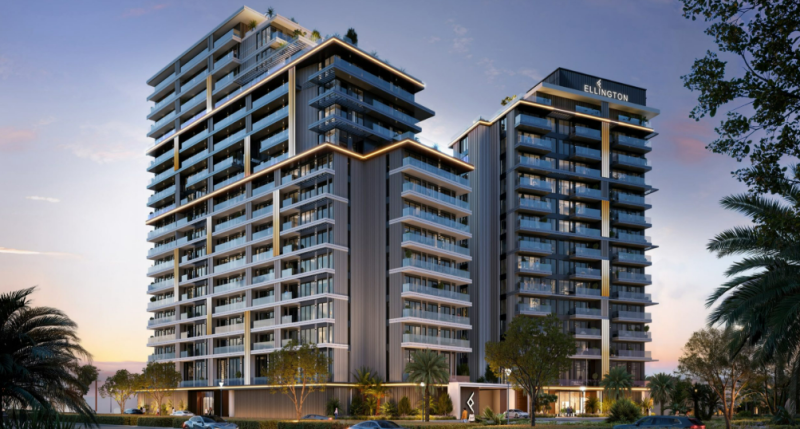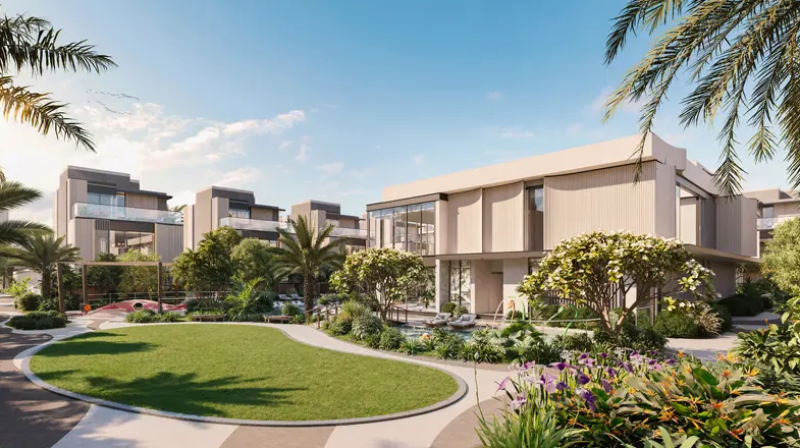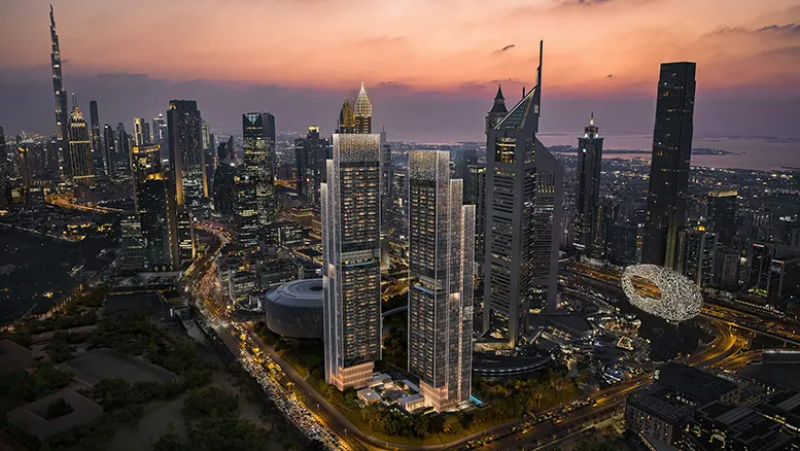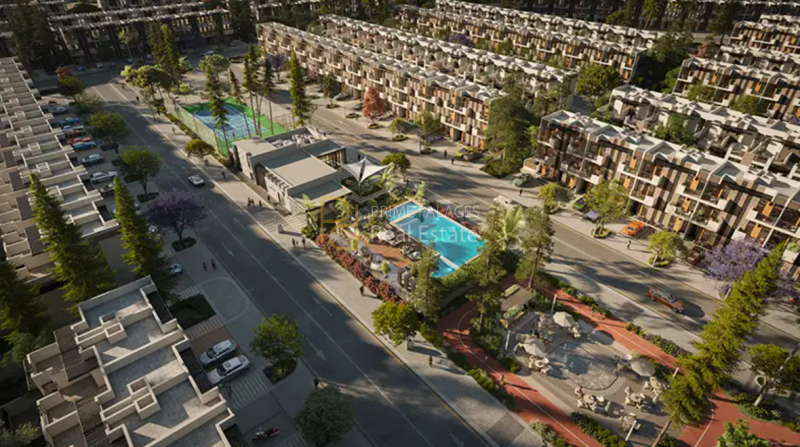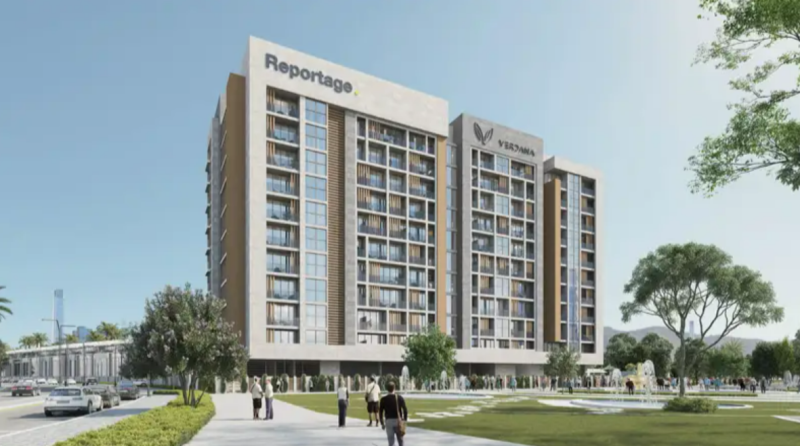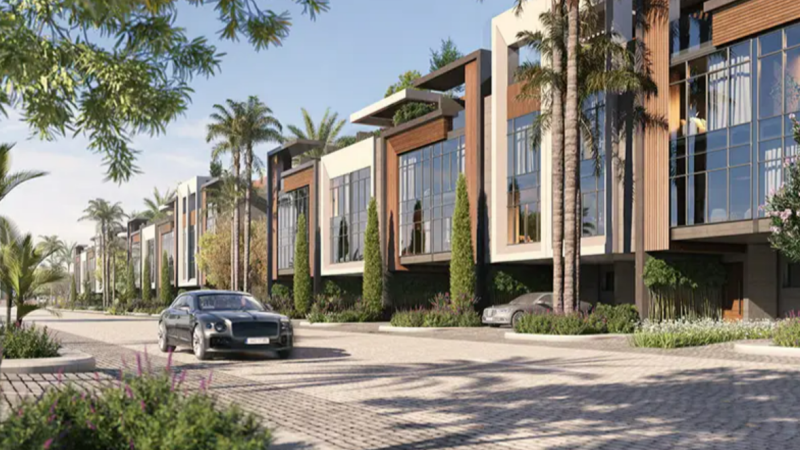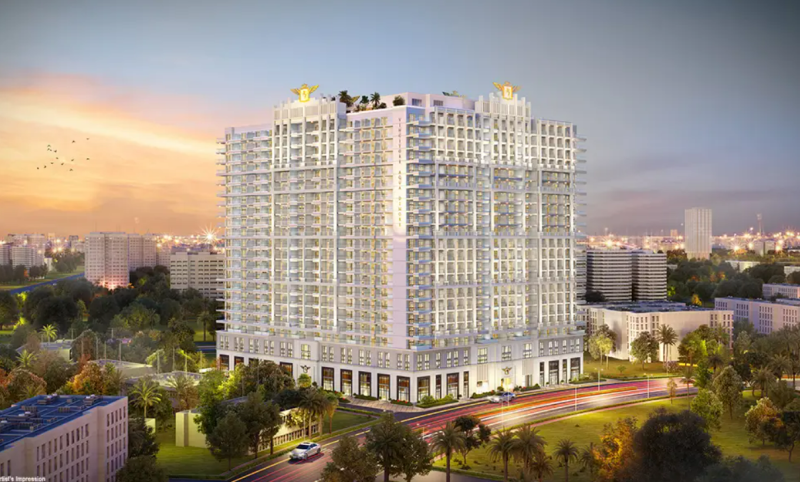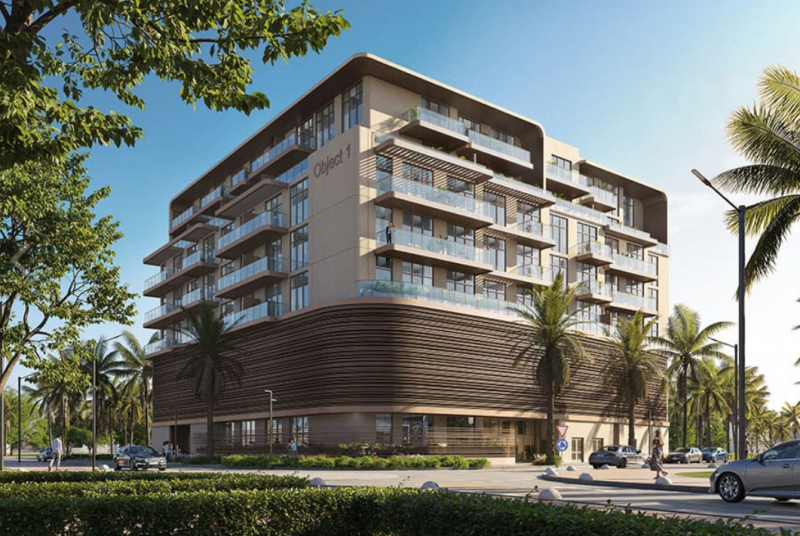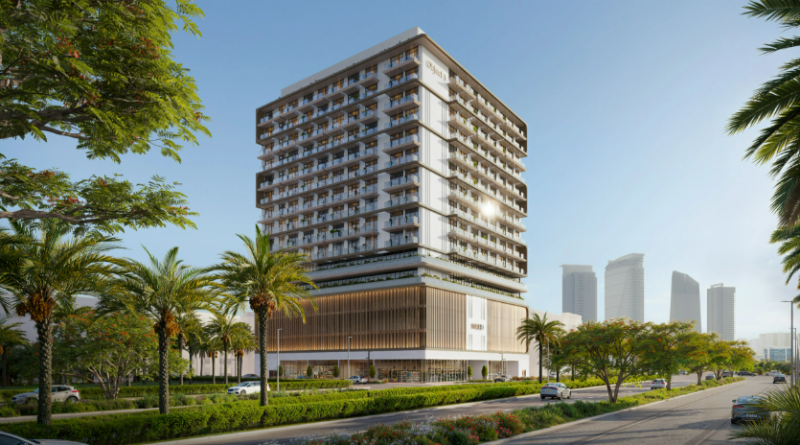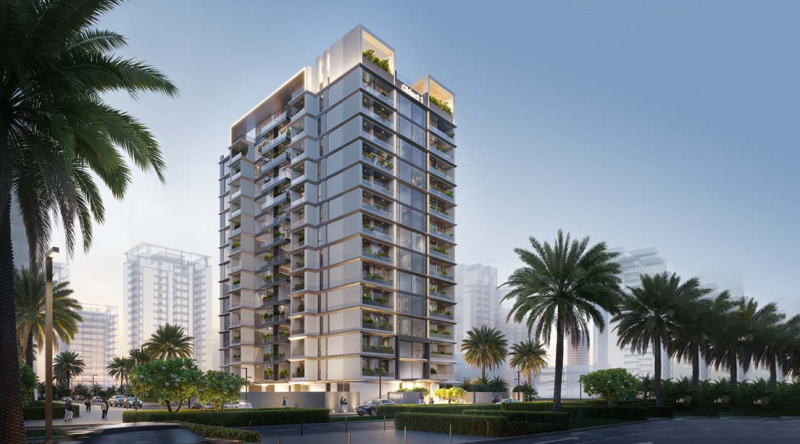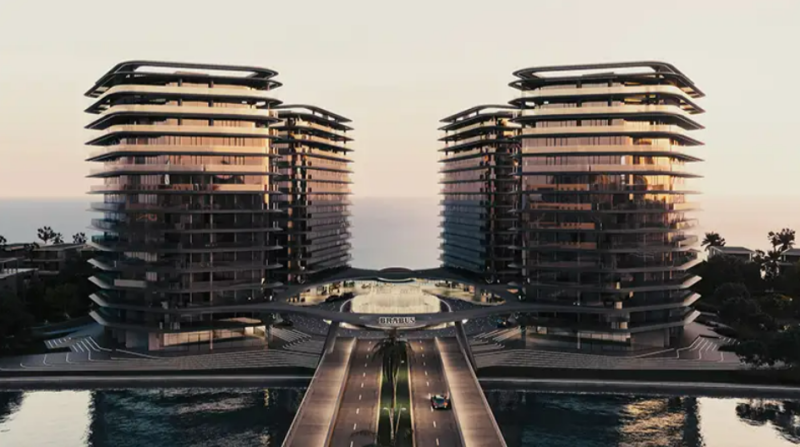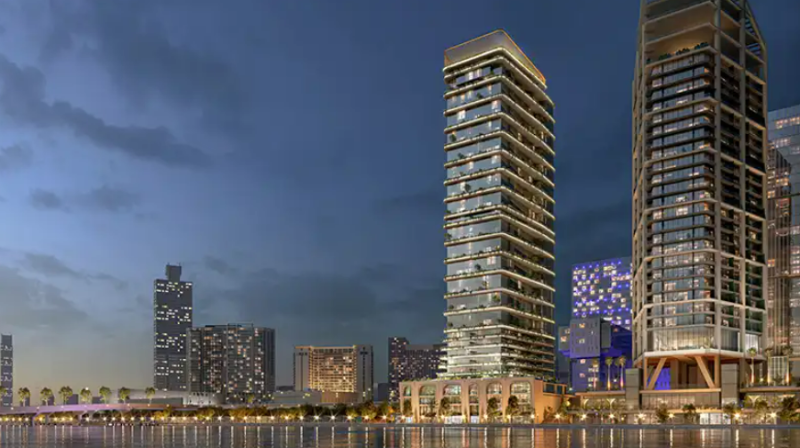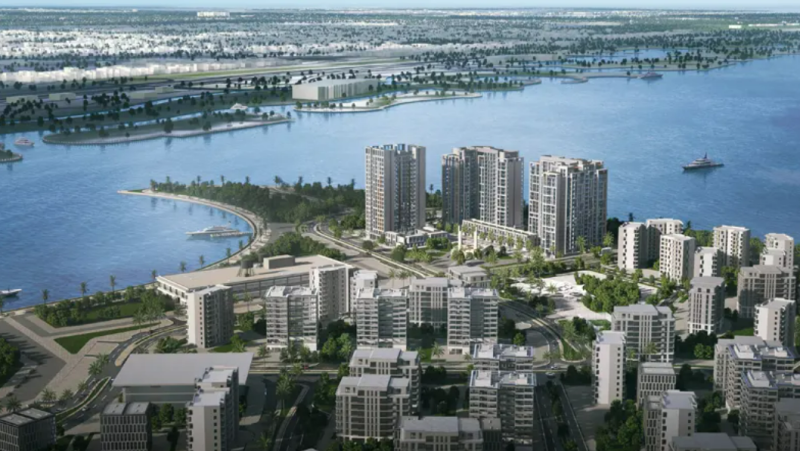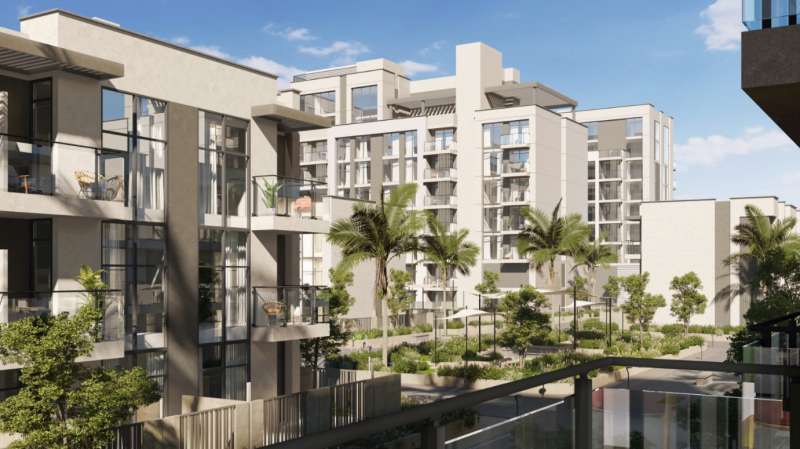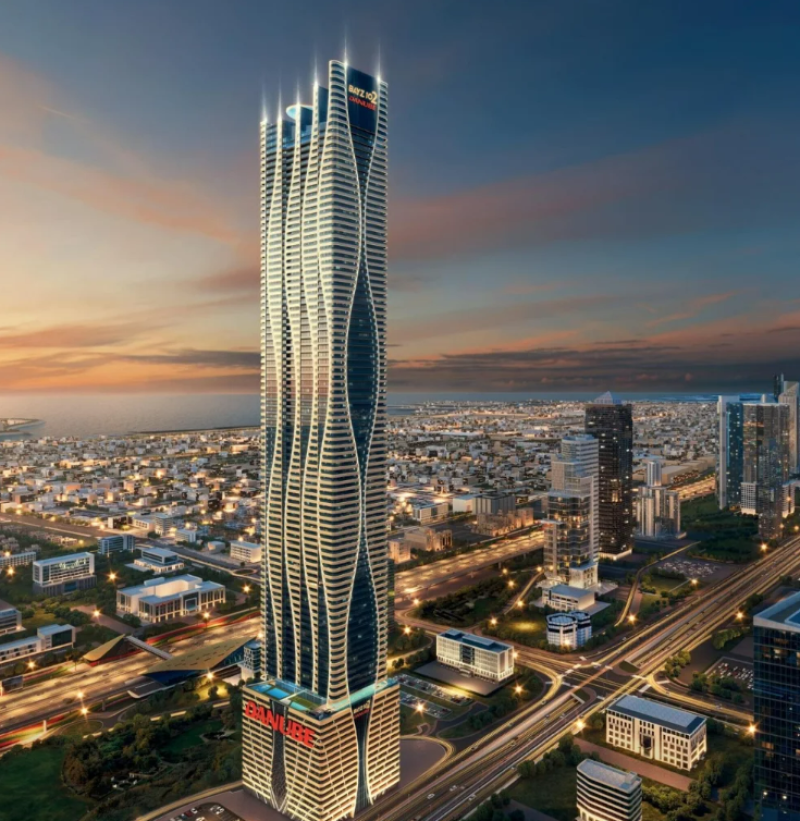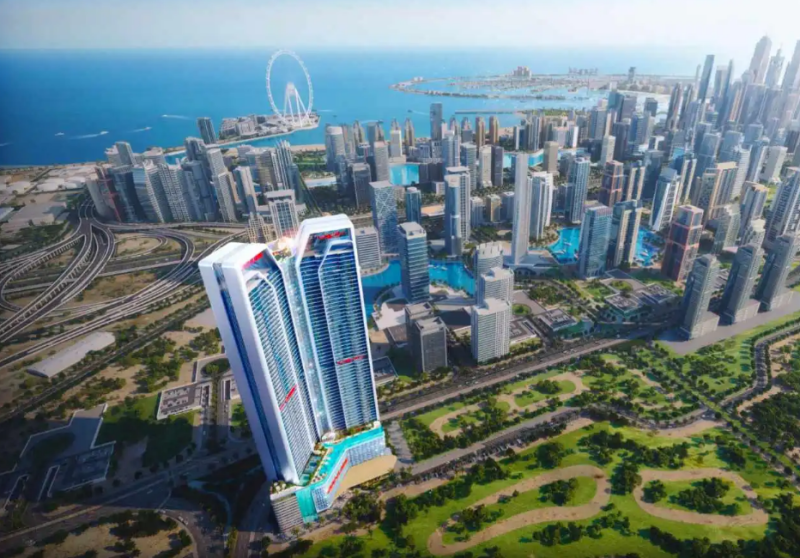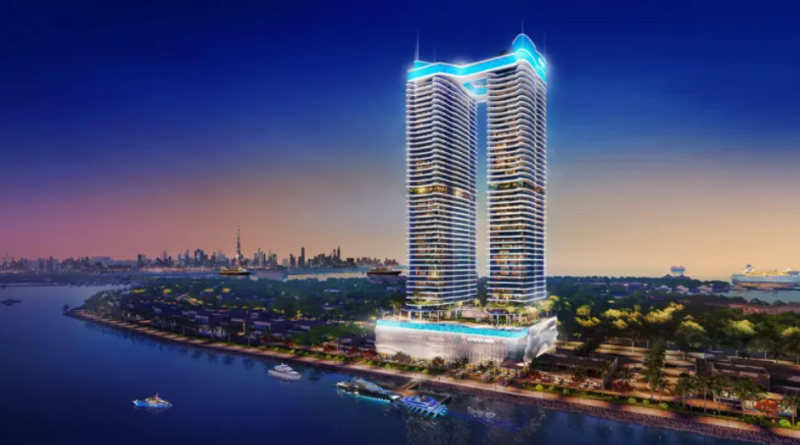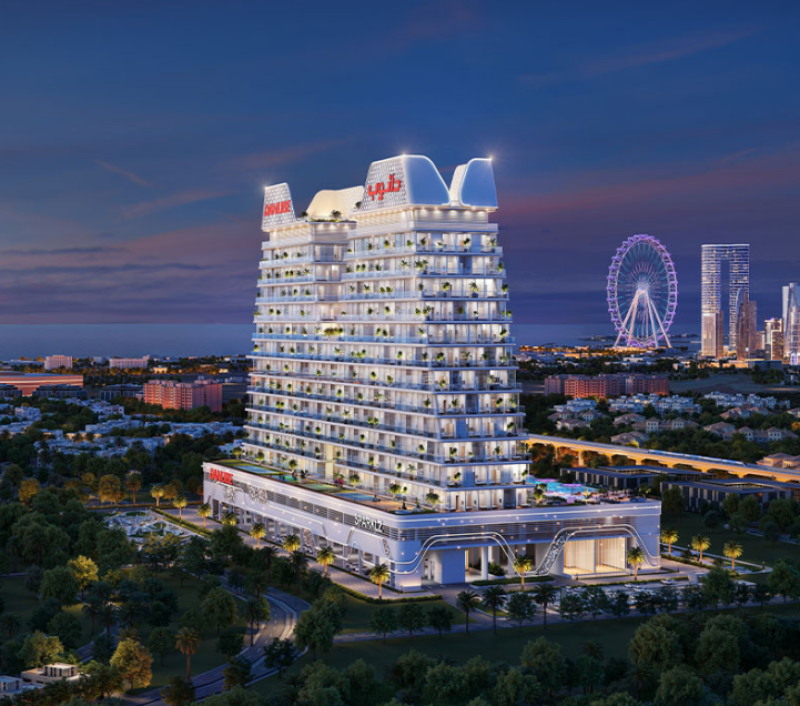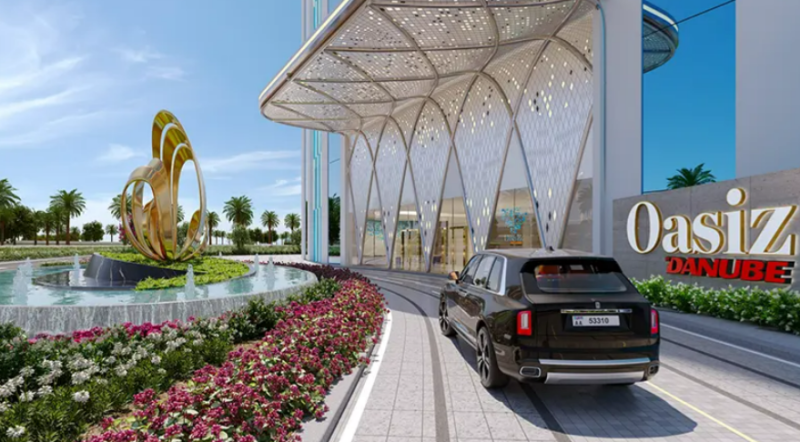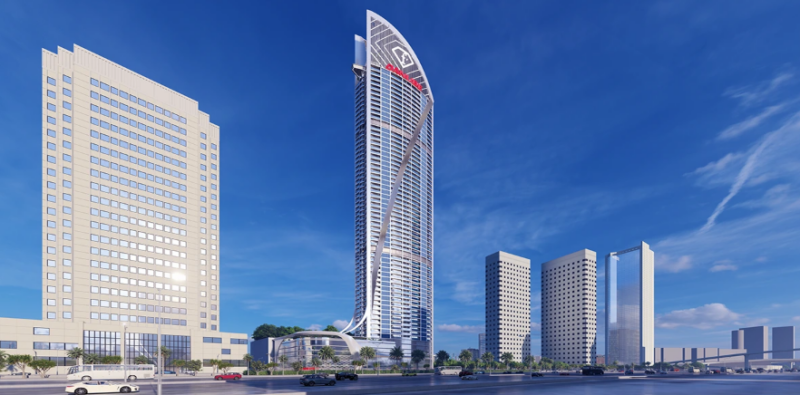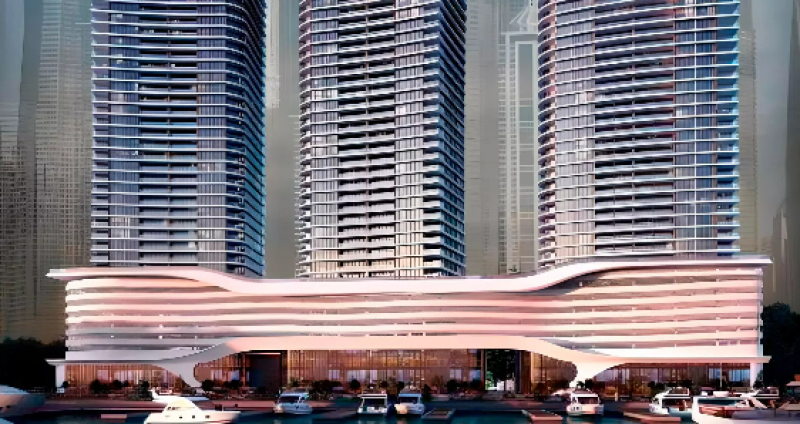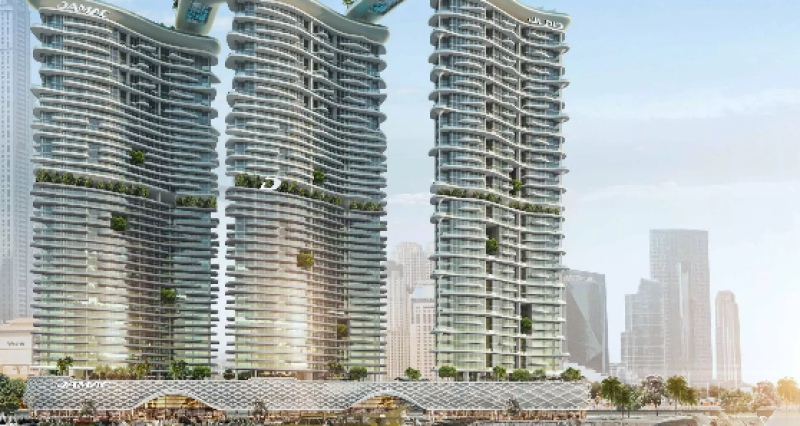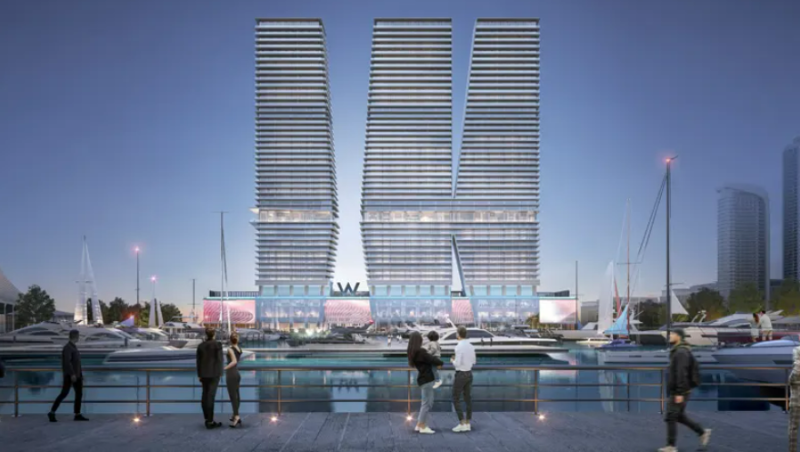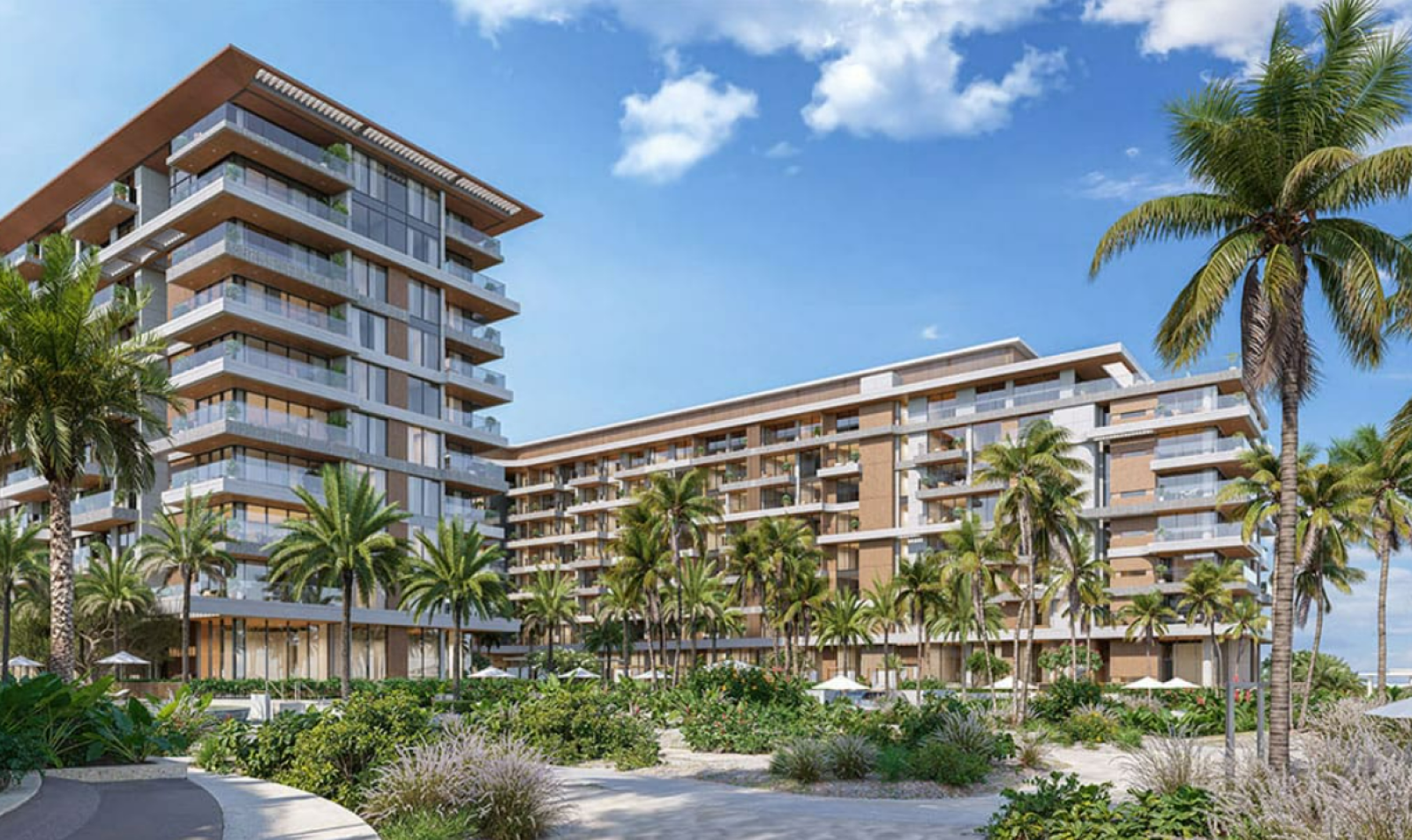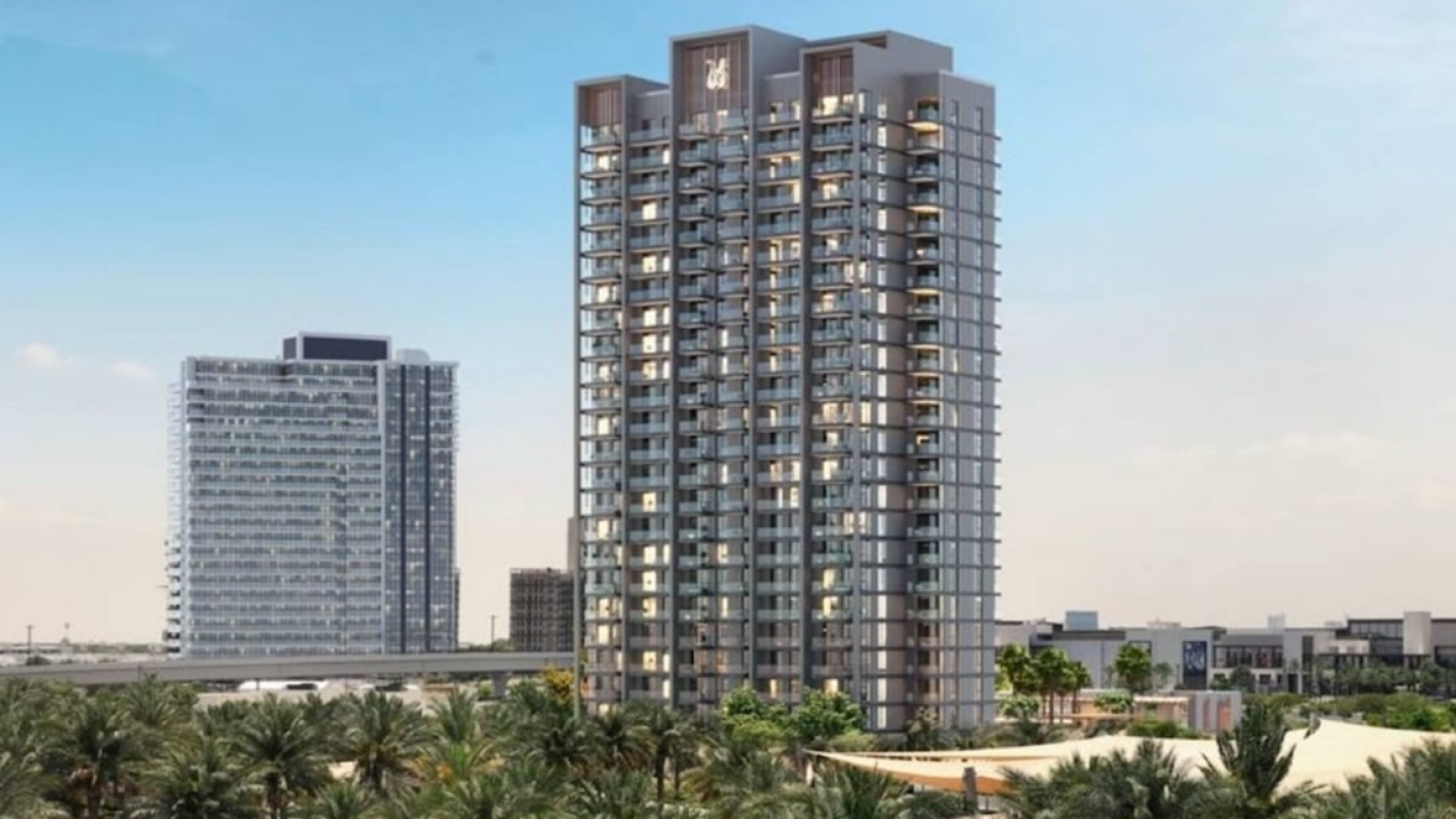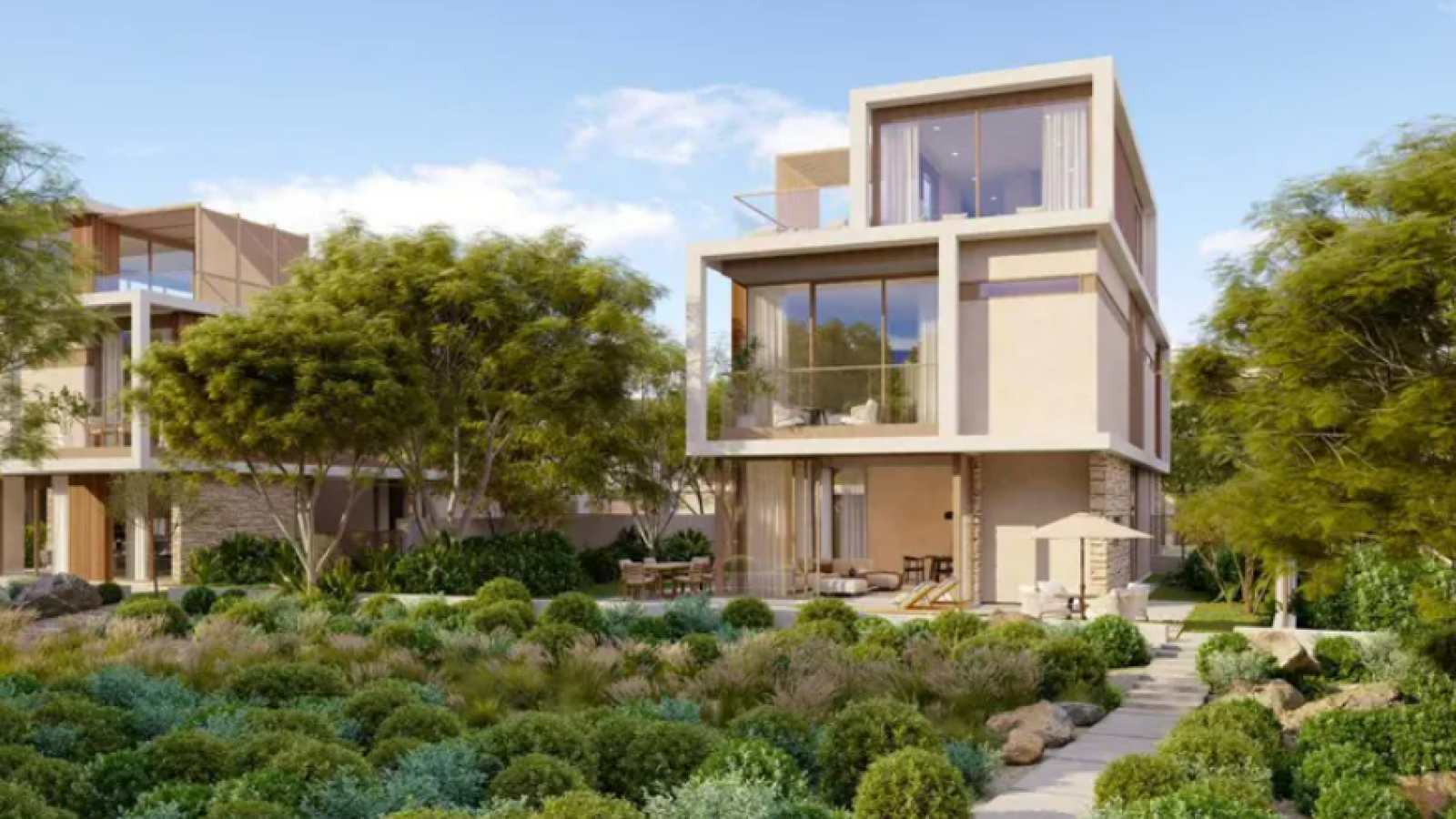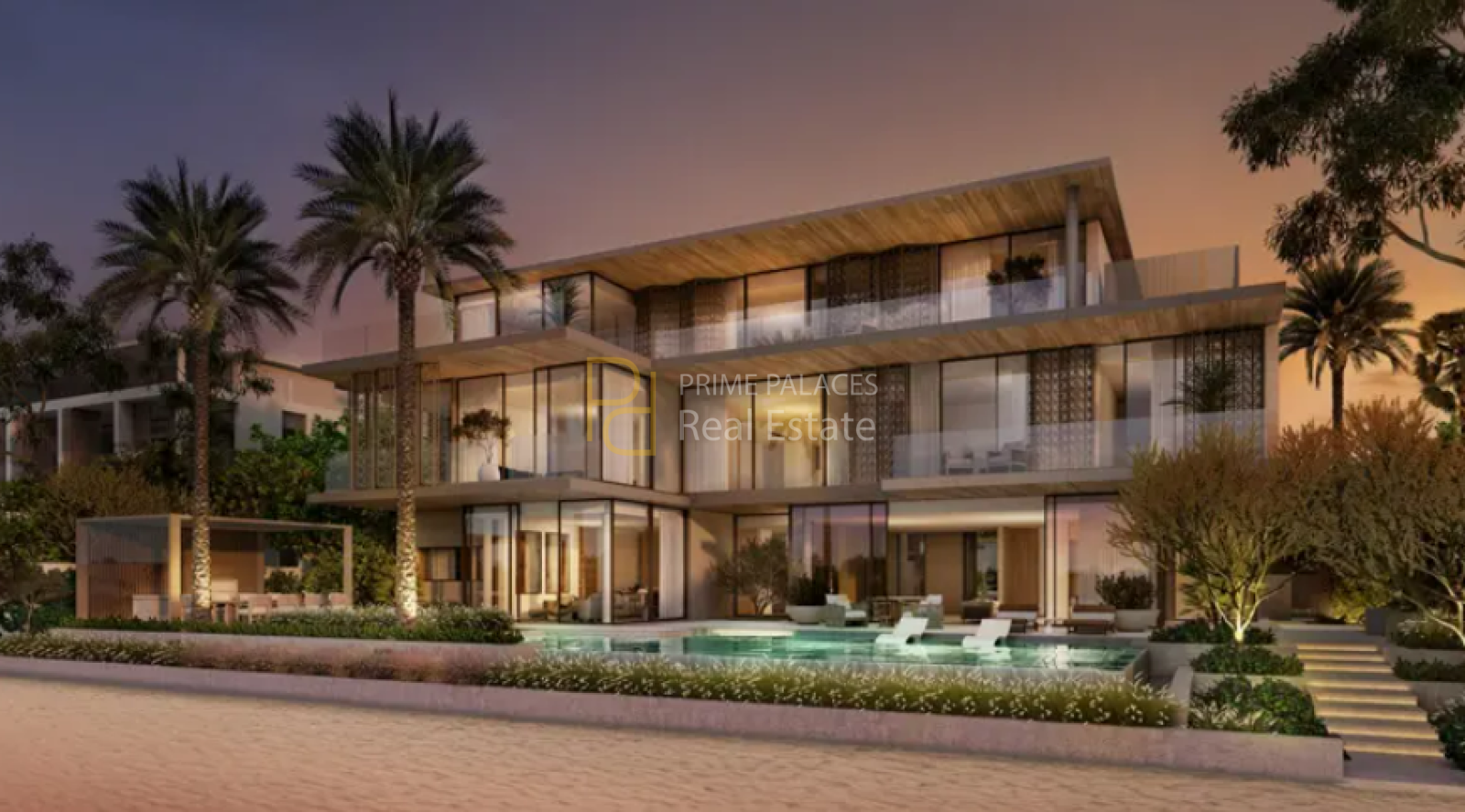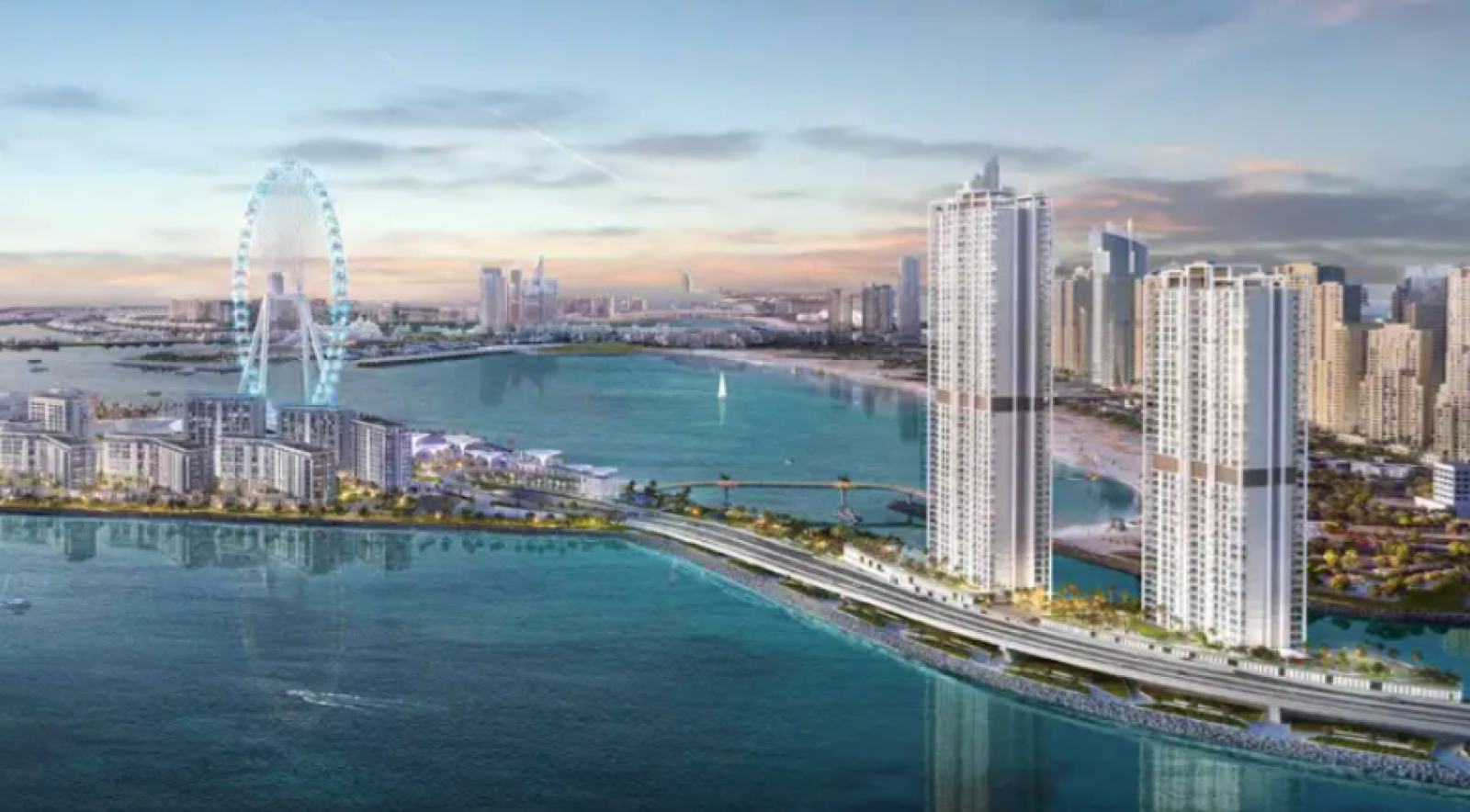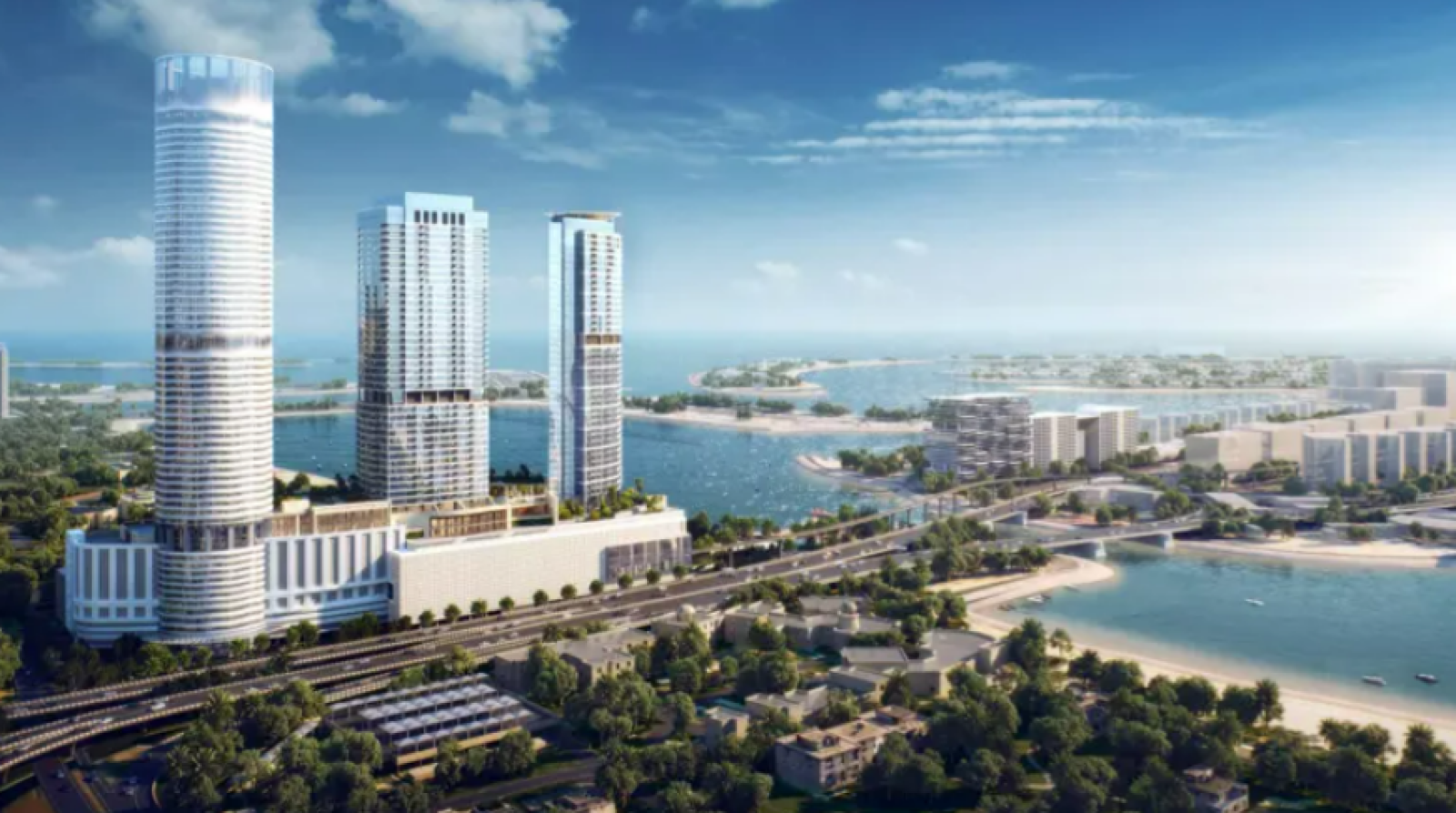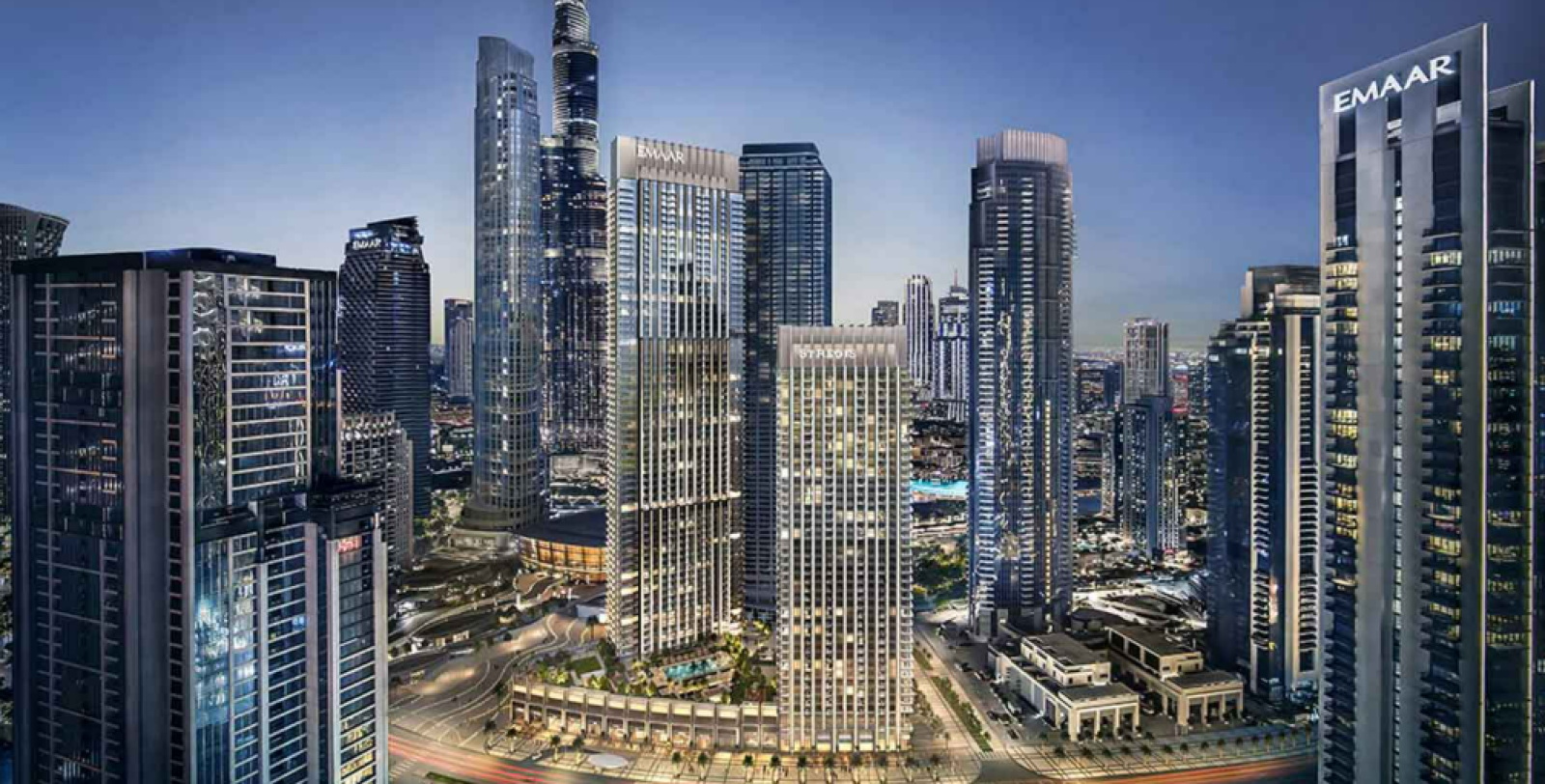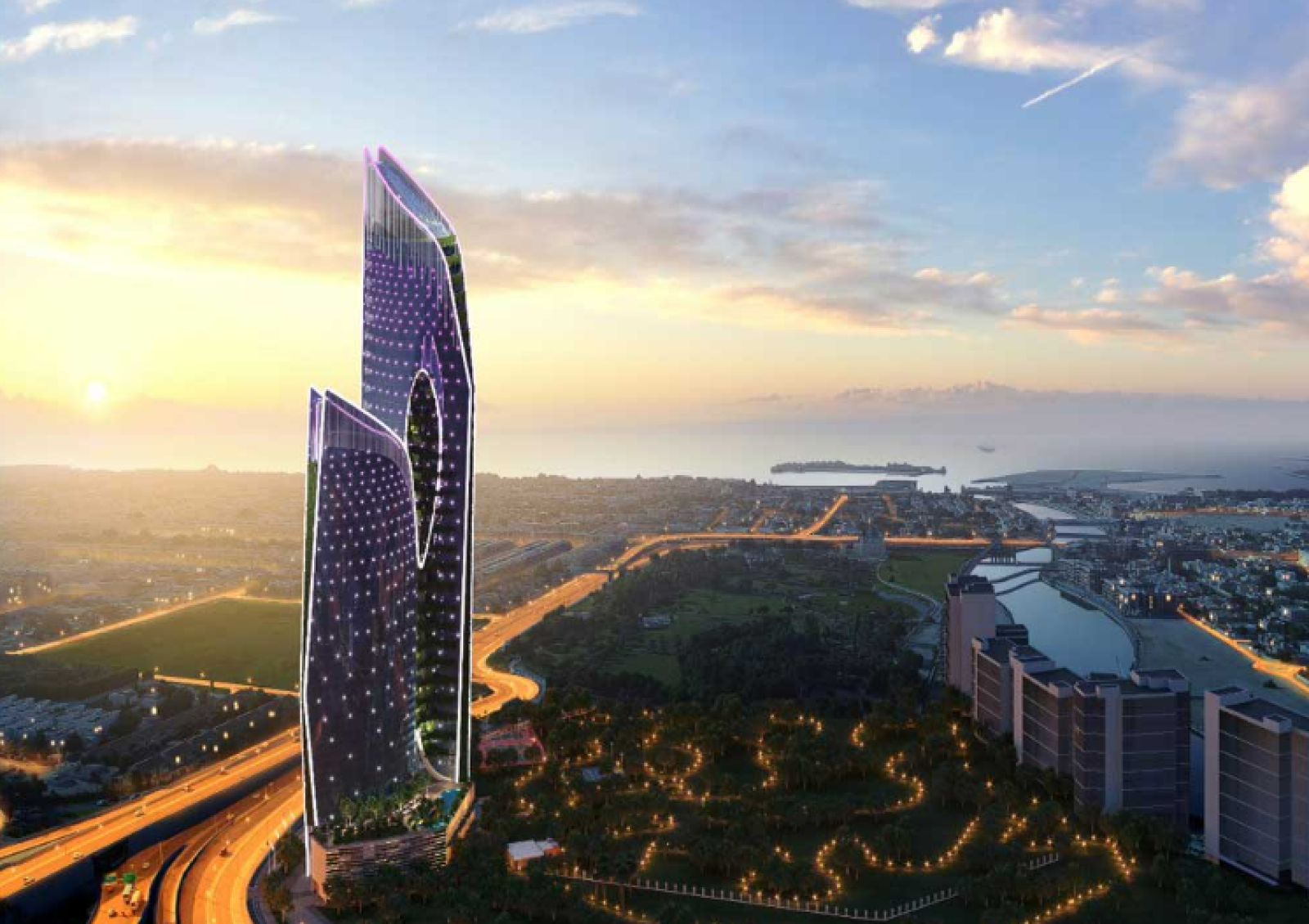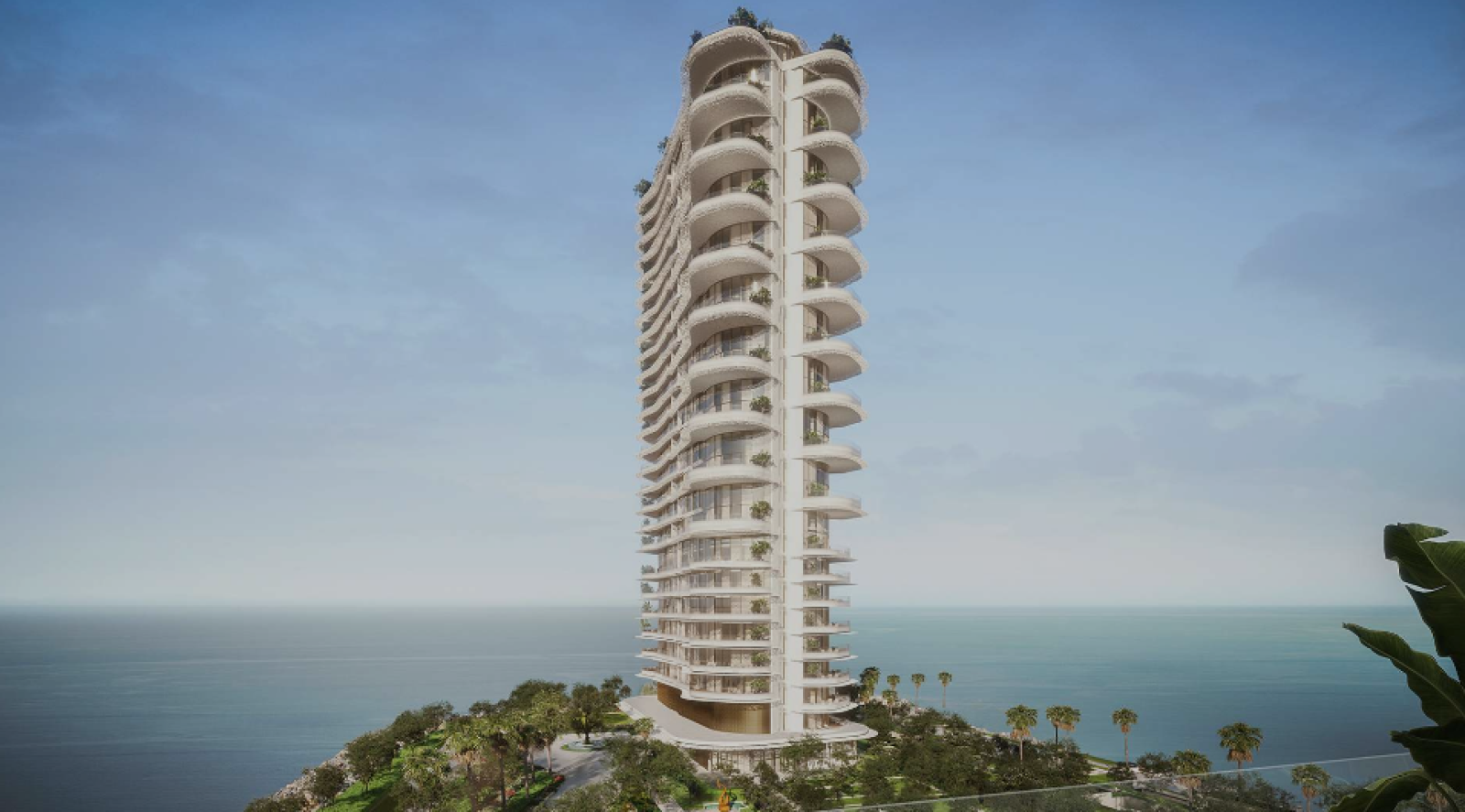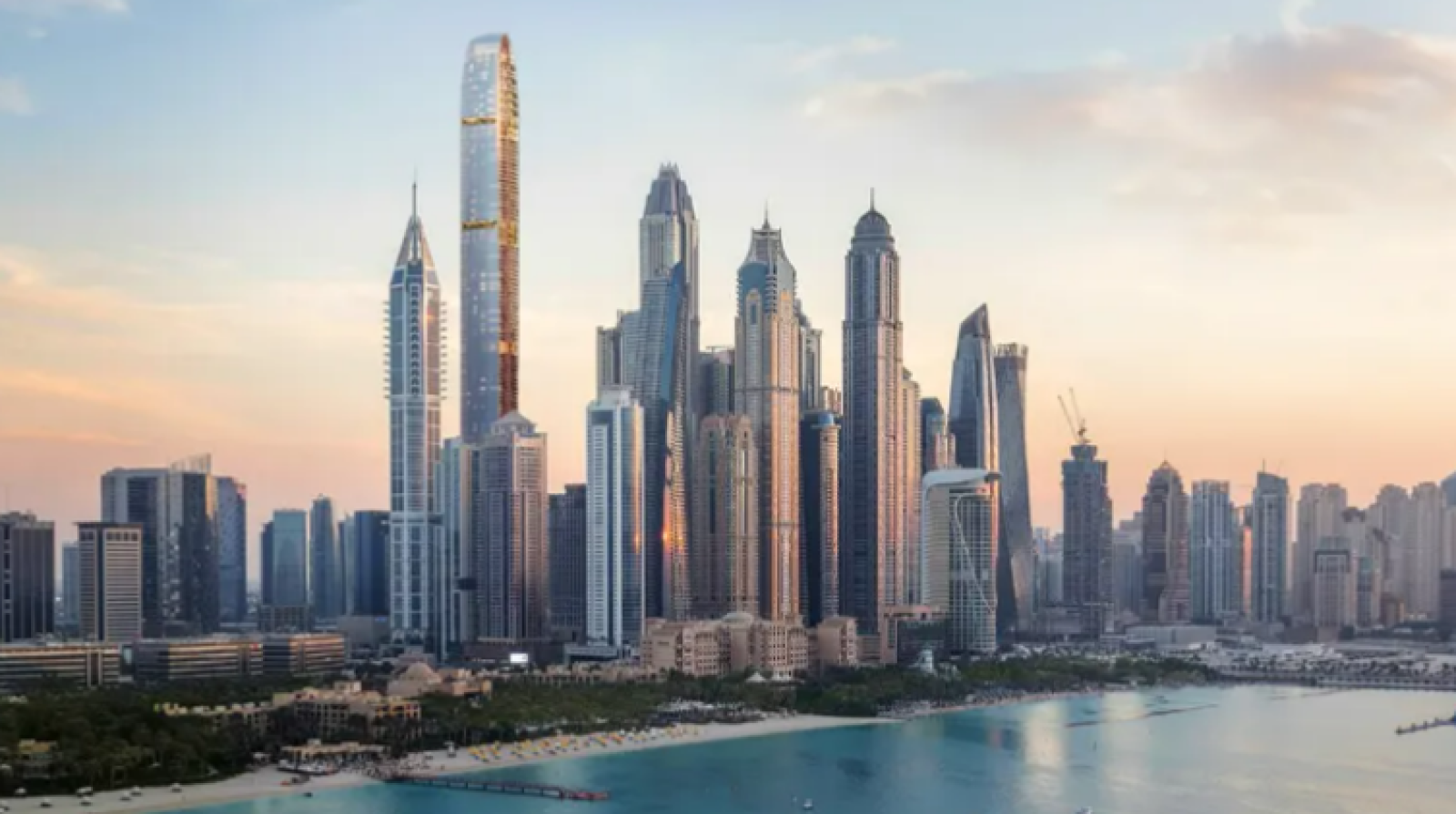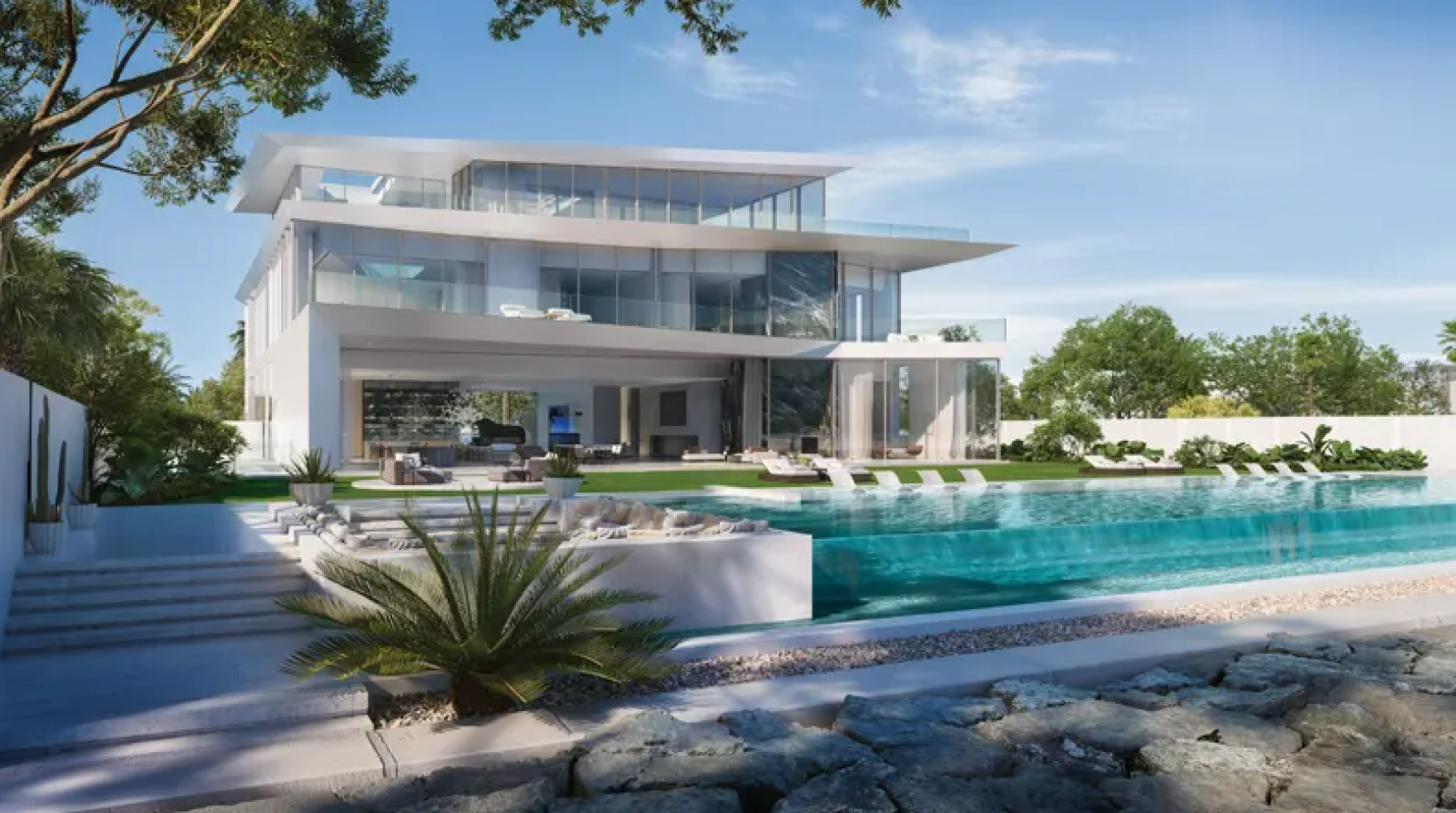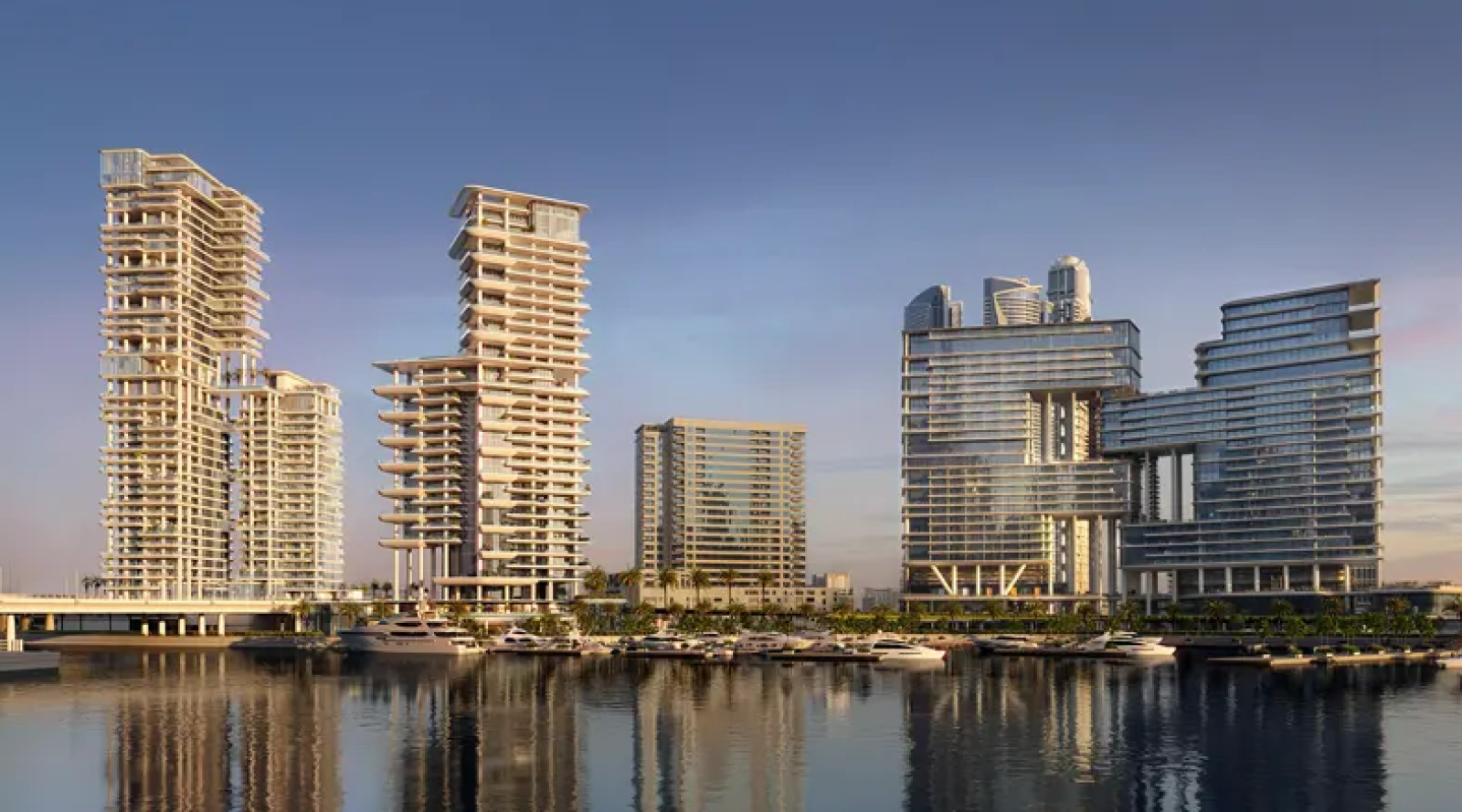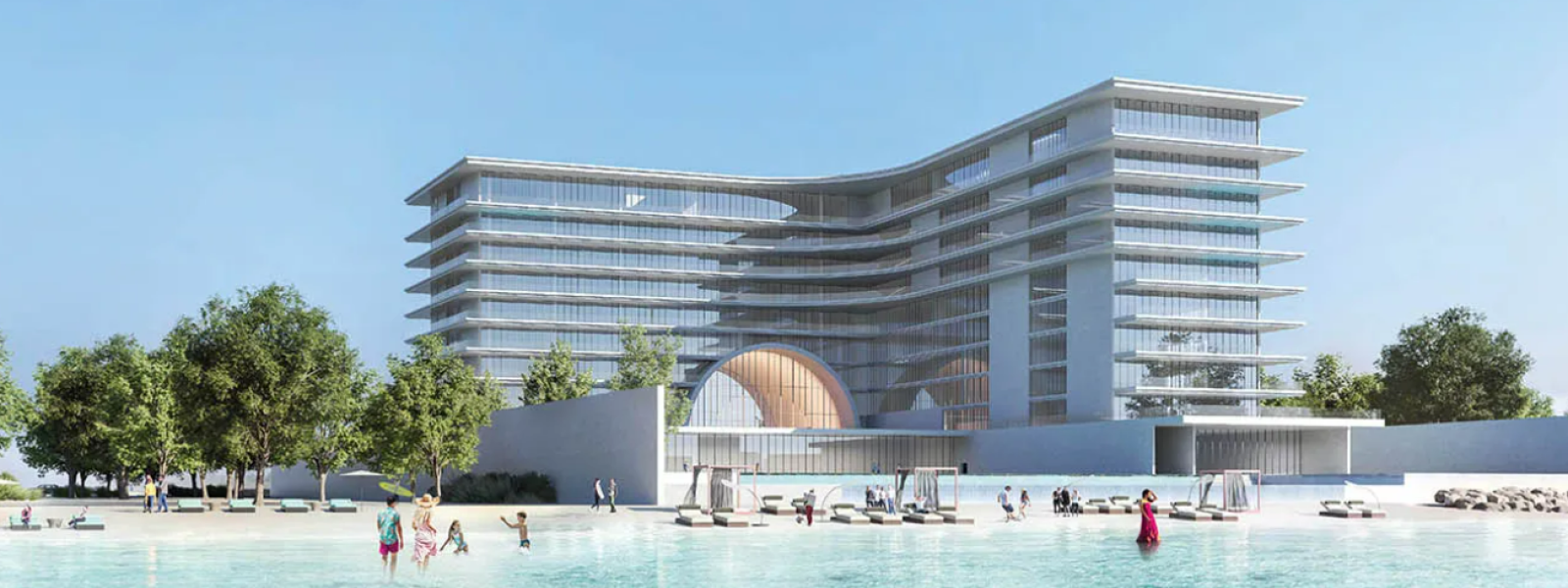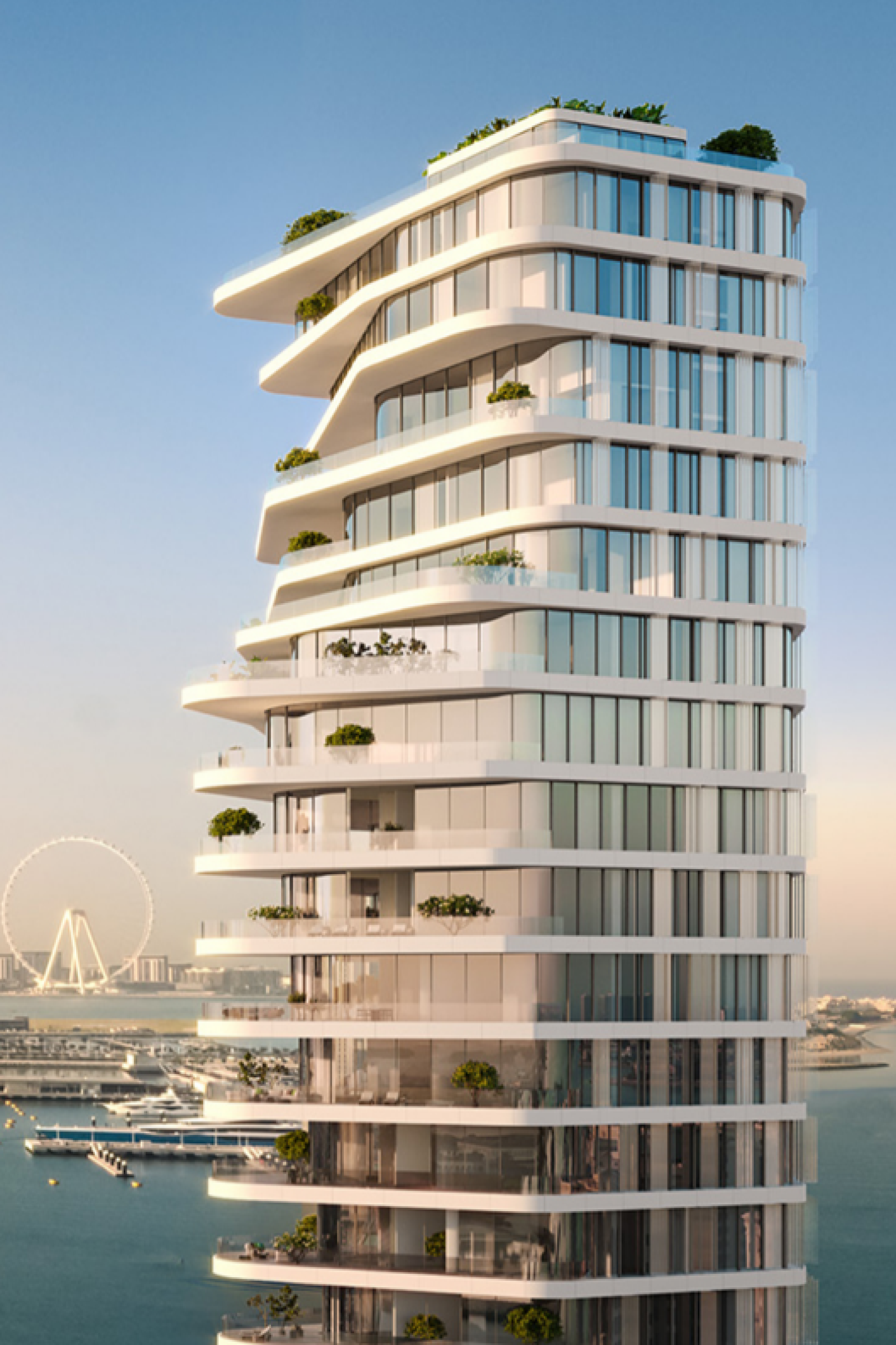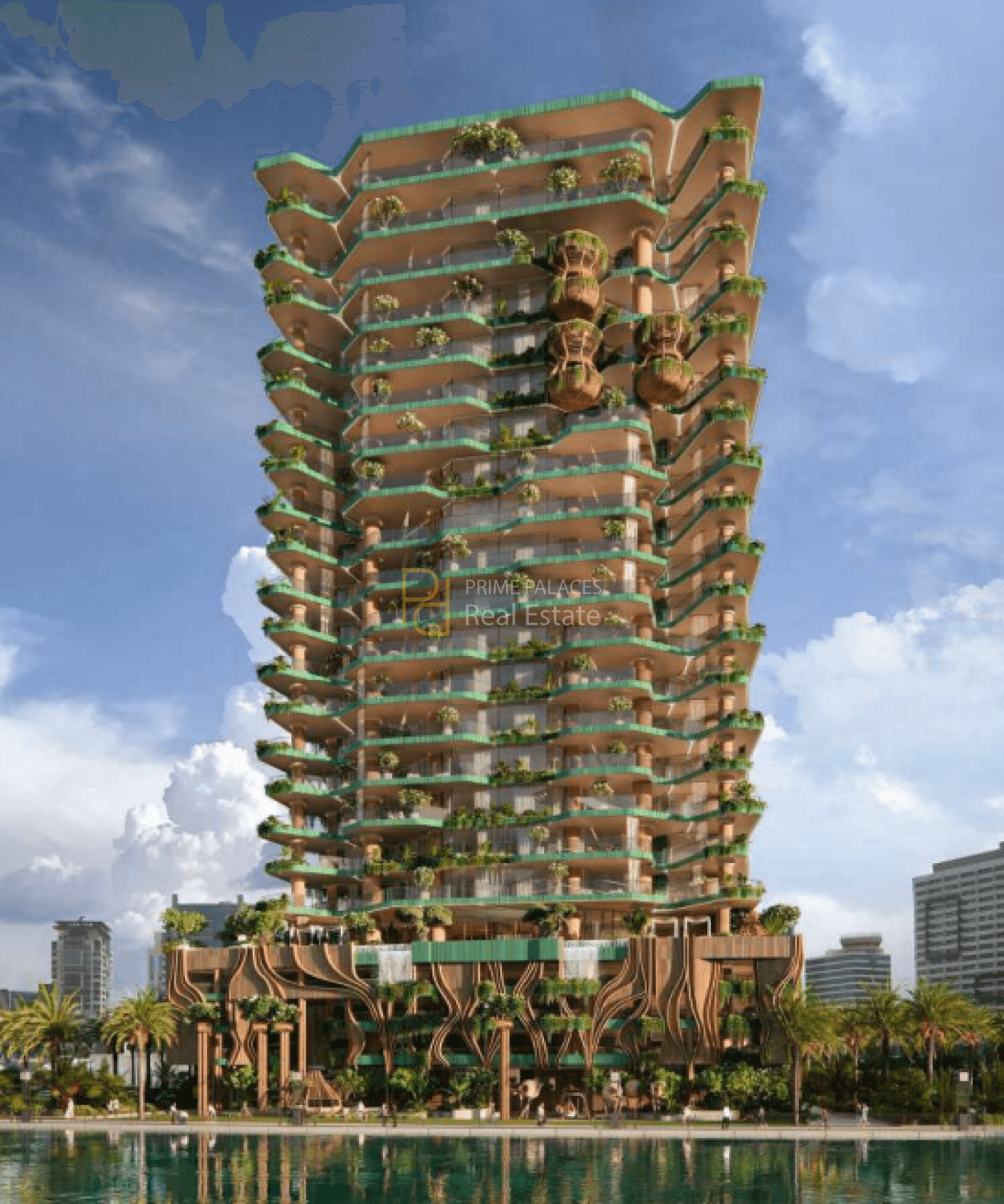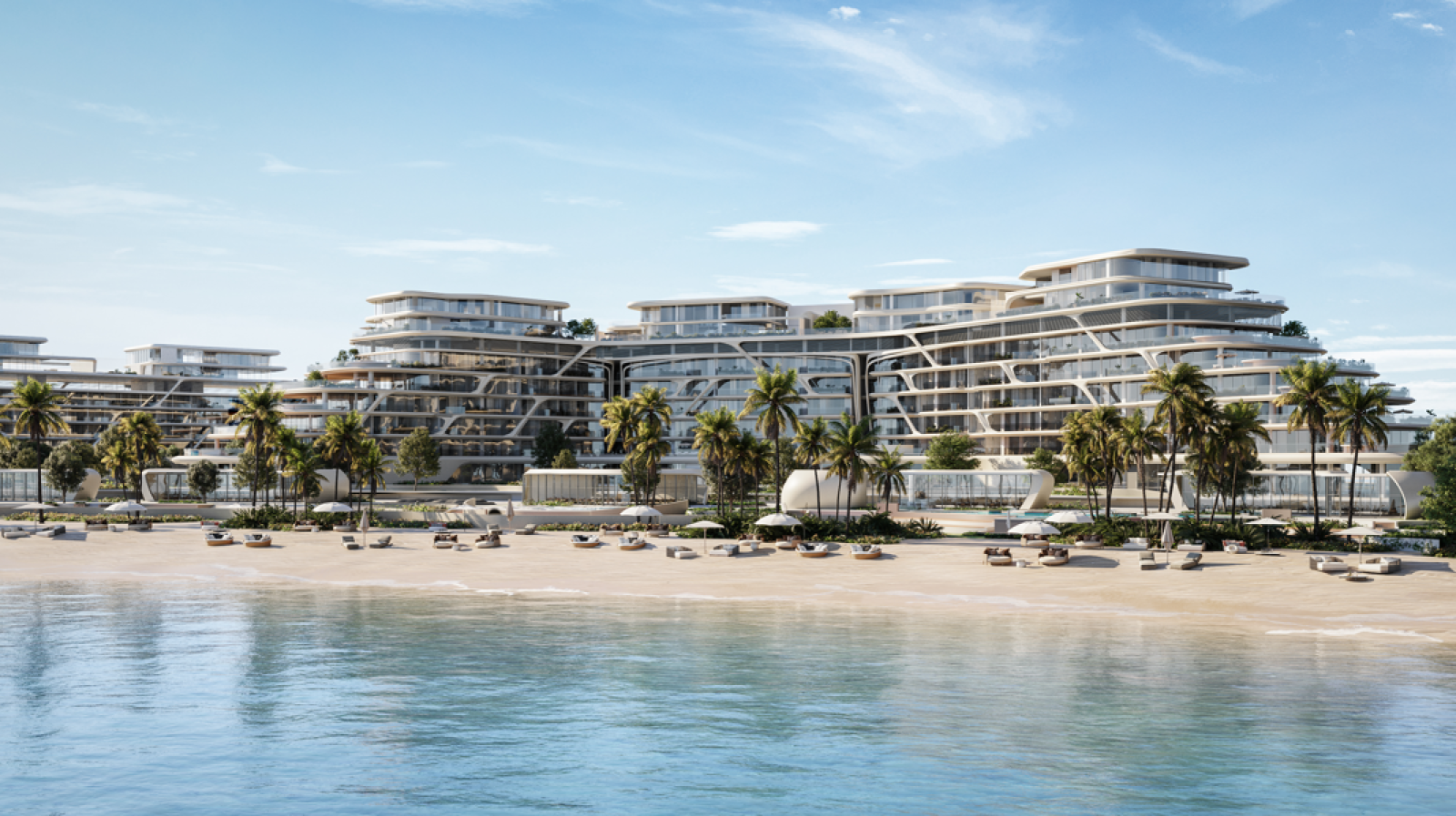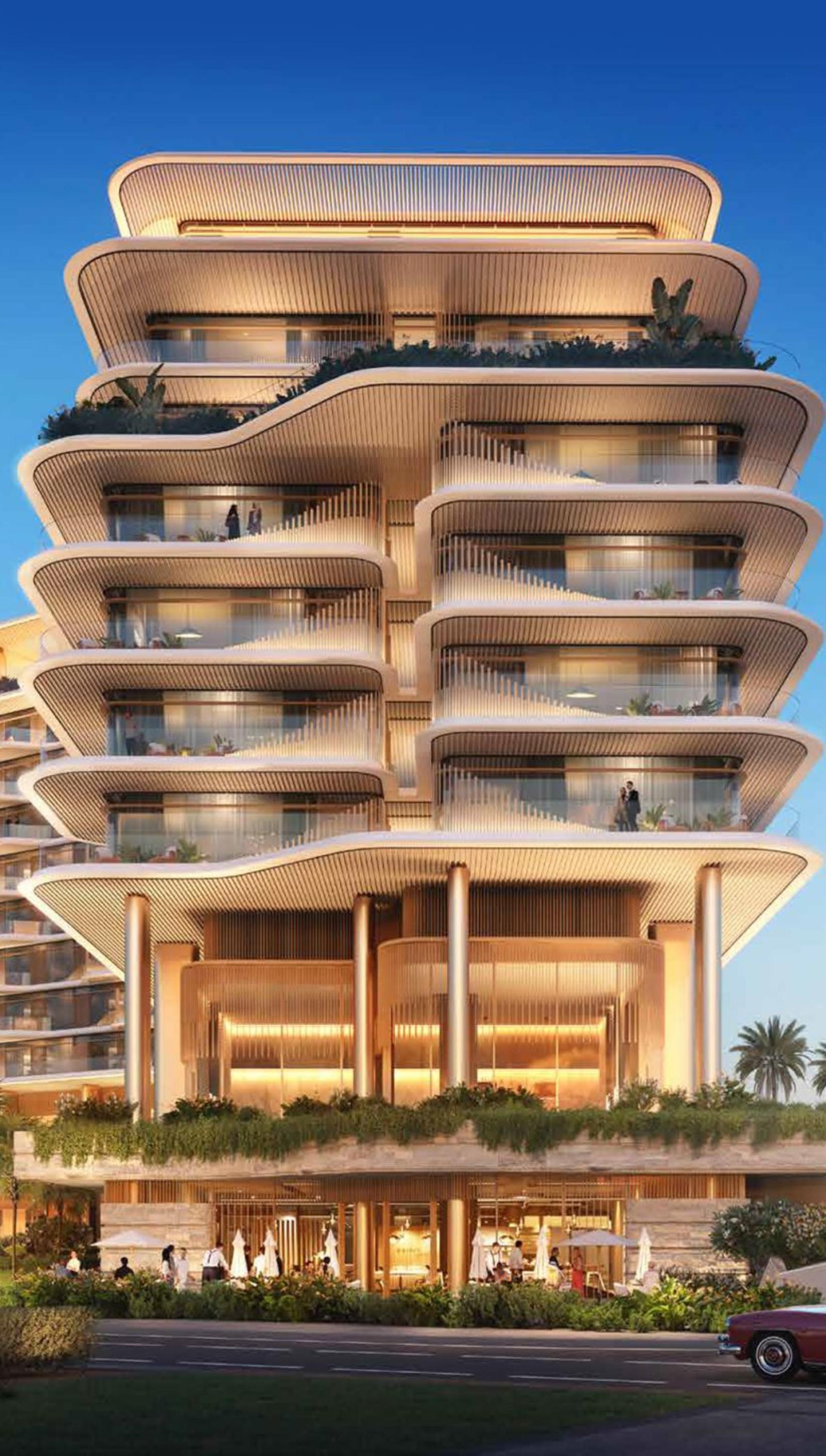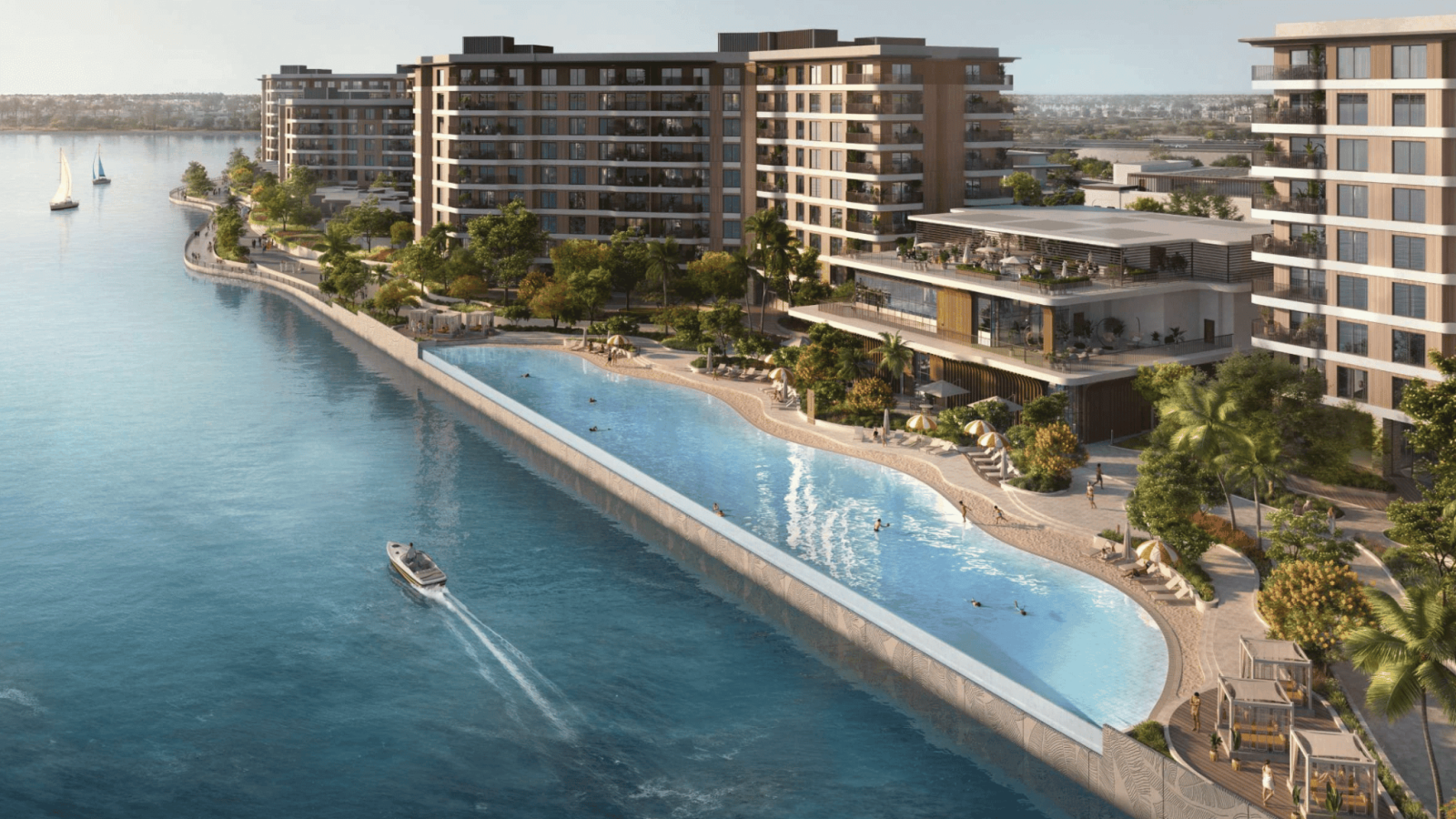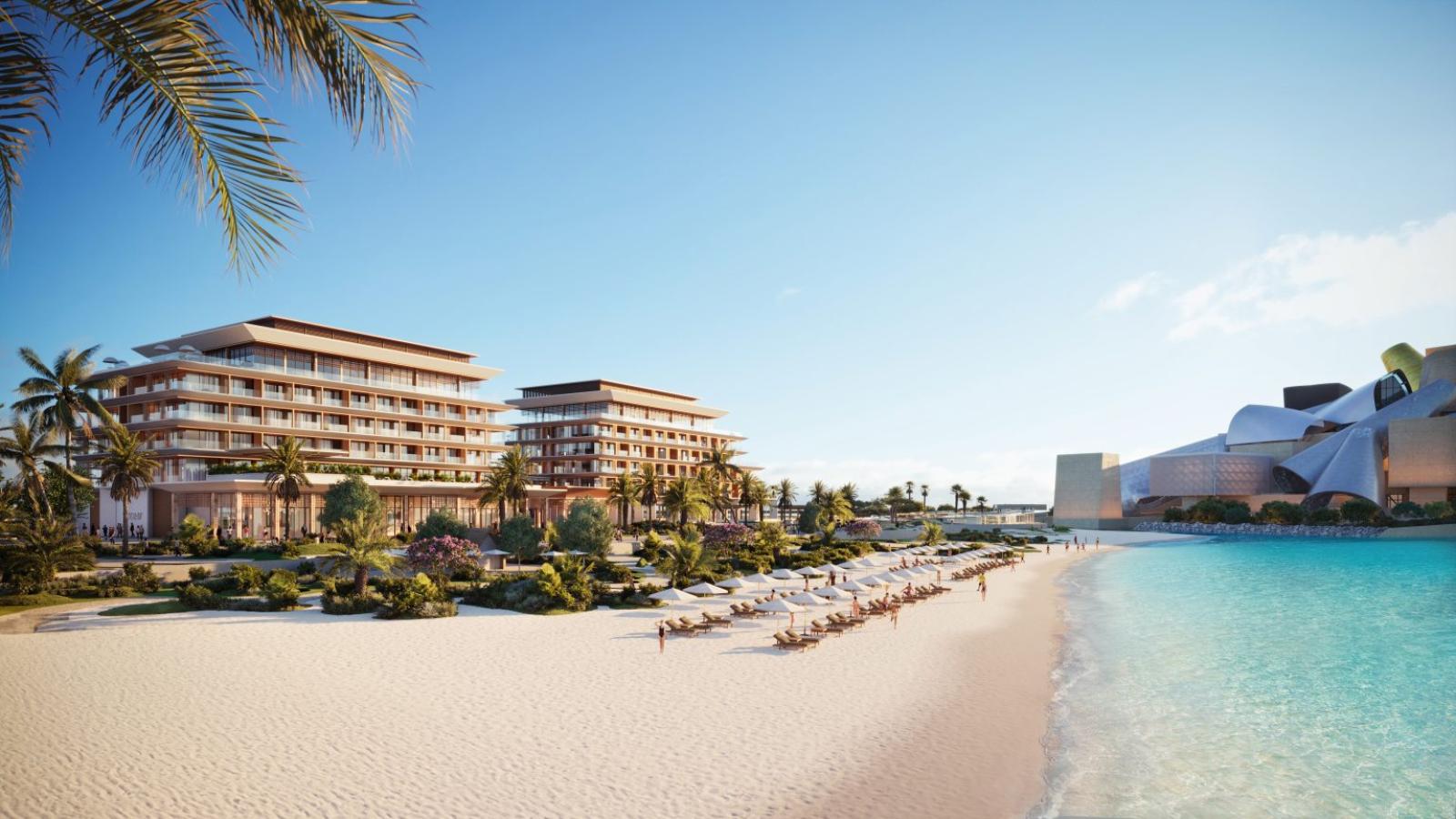Step-by-Step Guide to Buying Property in Dubai as a Foreigner
Dubai has positioned itself as one of the most open and accessible real estate markets in the world. With freehold zones, investor-friendly regulations, and tax-free ownership, the city continues to attract global interest. This comprehensive guide breaks down the step-by-step process of buying property in Dubai as a foreigner, whether you’re seeking a residence, income-generating asset, or capital growth.
1. Understand the Legal Framework
Foreign nationals are legally allowed to purchase property in designated freehold areas, including Dubai Marina, Palm Jumeirah, Downtown Dubai, and Dubai Hills Estate. These zones offer full ownership rights and the ability to lease, resell, or transfer the property. This clear structure has helped solidify trust in the Dubai real estate market among global investors.
2. Define Investment Objectives
Clarifying your goals is critical—whether you're aiming for lifestyle use, rental income in Dubai, or long-term asset appreciation. Your strategy will shape every decision that follows, from location selection to choosing between off-plan properties in Dubai and ready units.
3. Select a Location That Matches Your Strategy
Dubai offers both mature communities and high-growth corridors. Investors focused on rental yields in Dubai may prioritize ready units in areas with high tenant demand, like Business Bay and Dubai Marina. Others seeking value growth through off-plan investment opportunities in Dubai might target emerging areas such as Jumeirah Village Circle or Dubai Creek Harbour.
4. Engage a Registered Real Estate Brokerage
Always work with an agency licensed by the Dubai Land Department. Reputable firms like Prime Palaces Real Estate provide legal guidance, project vetting, and support throughout the entire transaction. This is essential to protect foreign investors entering the property investment in Dubai.
5. Reserve the Property
Upon selecting a unit, buyers typically sign a reservation form and pay a booking fee (5–10% of the property value). This step temporarily locks the unit while contracts are prepared.
6. Conduct Due Diligence
Verify the property’s legal status, developer reputation, and if applicable, the project’s escrow compliance. For off-plan properties in Dubai, this is especially important to safeguard against delays or incomplete delivery.
7. Sign the Sales Agreement
For ready properties, buyers sign a Memorandum of Understanding (MoU) and pay a 10% deposit. For off-plan investment opportunities in Dubai, a Sales and Purchase Agreement (SPA) is signed directly with the developer. All transactions are governed by RERA-approved documentation.
8. Complete Ownership Transfer
The final ownership transfer takes place at the Dubai Land Department. Buyers pay a 4% transfer fee plus nominal administration costs. Once complete, a title deed is issued in the buyer’s name, granting full legal ownership.
9. Consider Investor Visa Options
Buyers who invest over AED 750,000 may apply for a renewable 2-year residency visa. Higher investments of AED 2 million and above may qualify for 5- or 10-year Golden Visas. This policy supports foreign nationals looking to establish a long-term presence through property investment in Dubai.
10. Lease or Manage Your Investment
Post-purchase, owners can appoint a management firm or lease the property directly. Ready units start earning rental income in Dubai immediately, while off-plan units begin generating revenue upon handover. With attractive rental yields in Dubai, many foreign investors secure stable income while benefiting from value appreciation.
Dubai continues to offer a high-transparency environment with modern infrastructure, visa benefits, and diversified asset classes. For foreign buyers seeking strong returns and long-term value, the emirate remains one of the most compelling global markets for real estate investment in Dubai.







